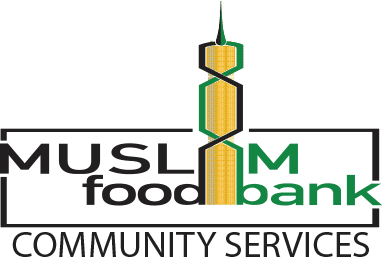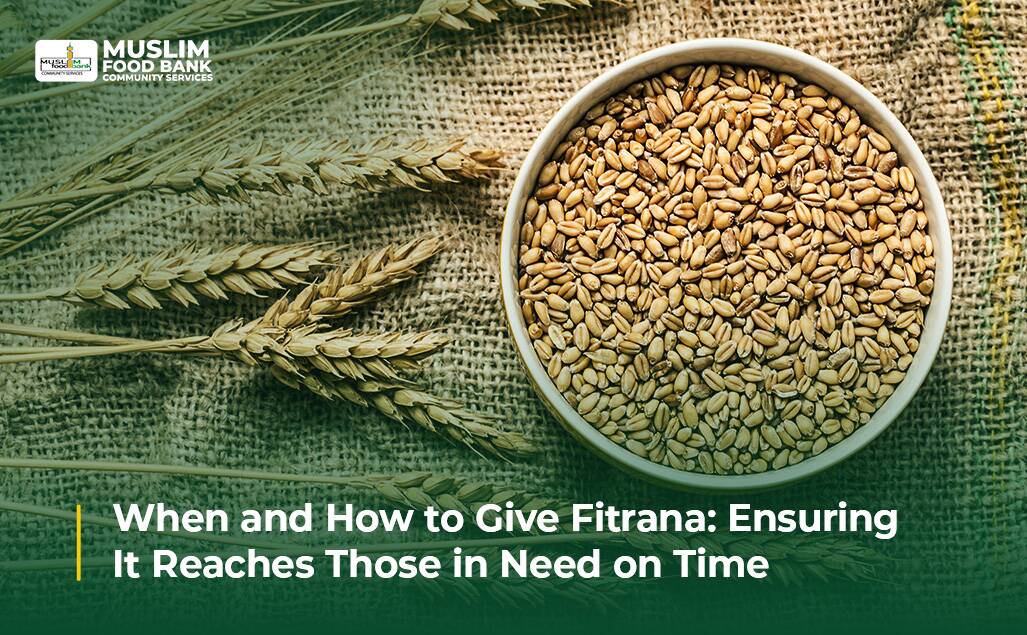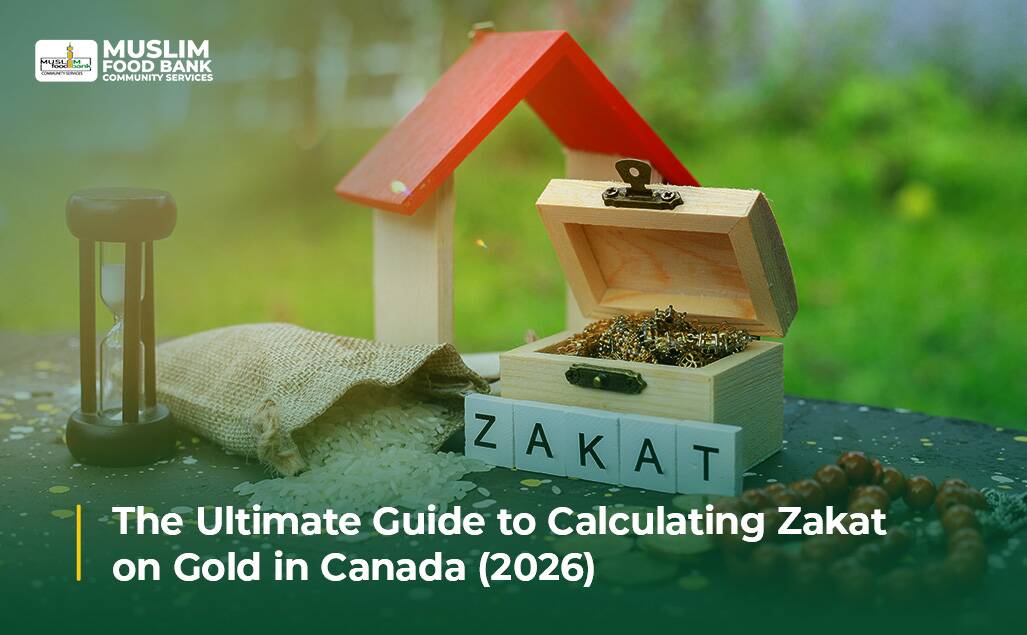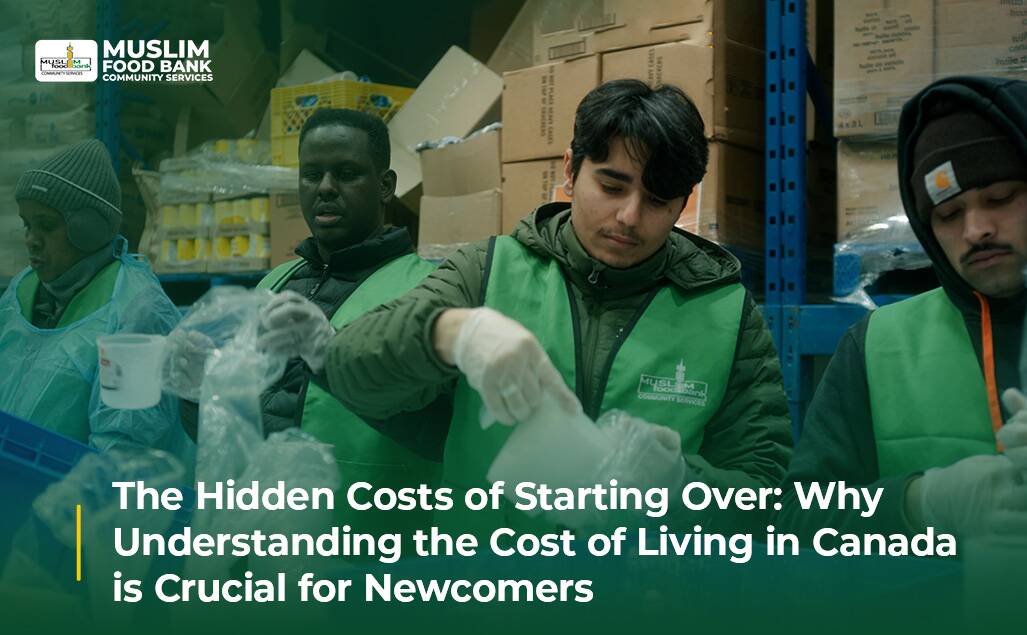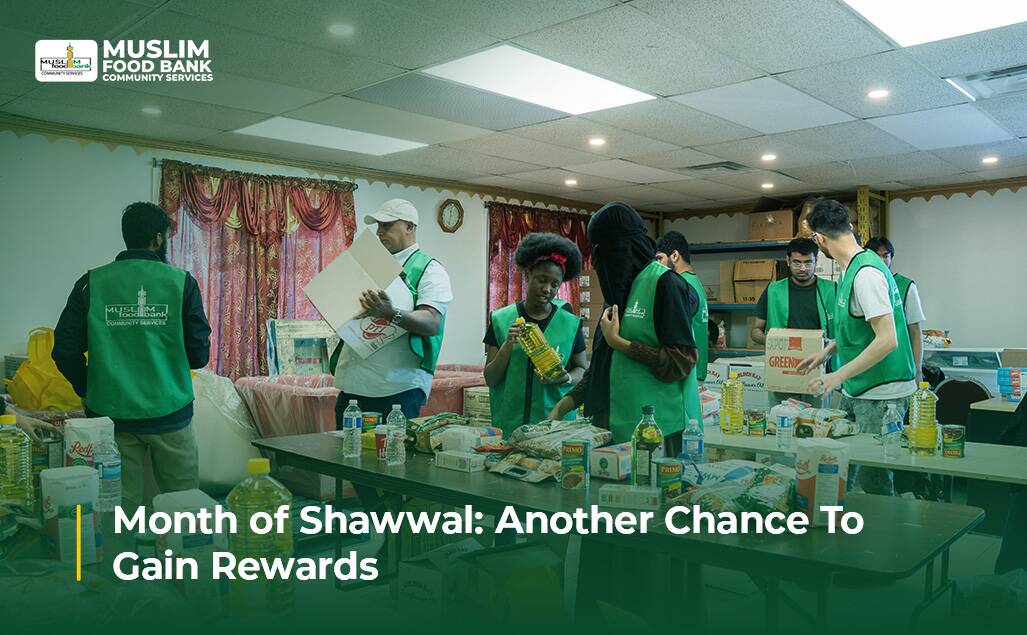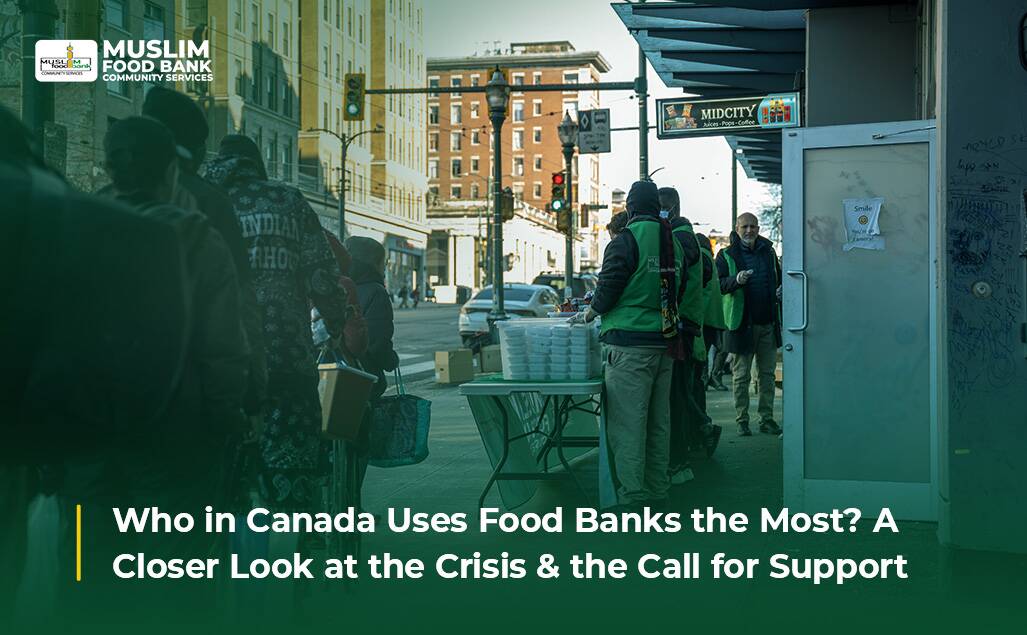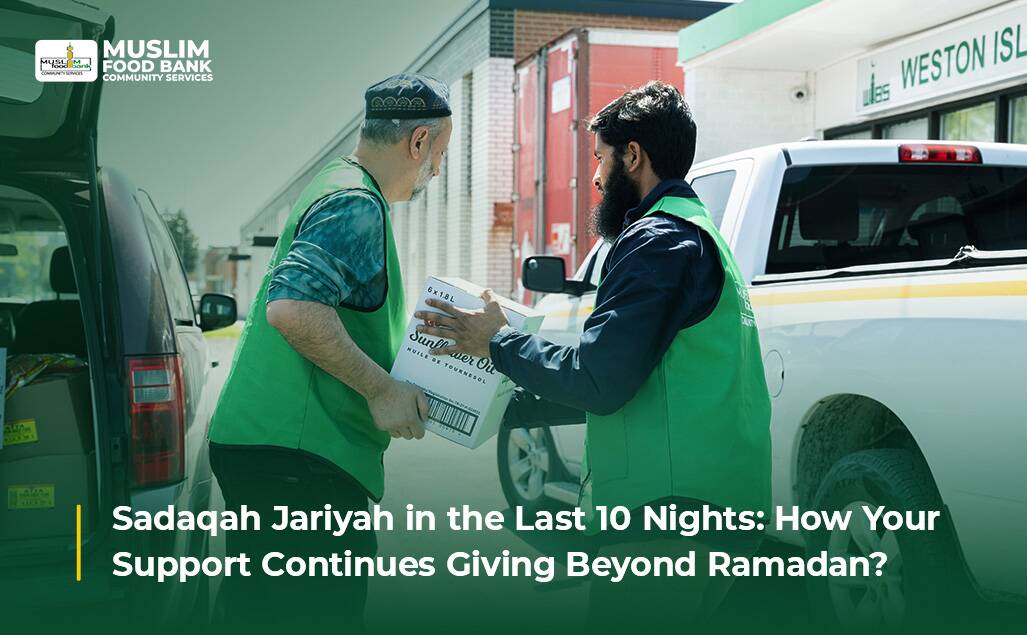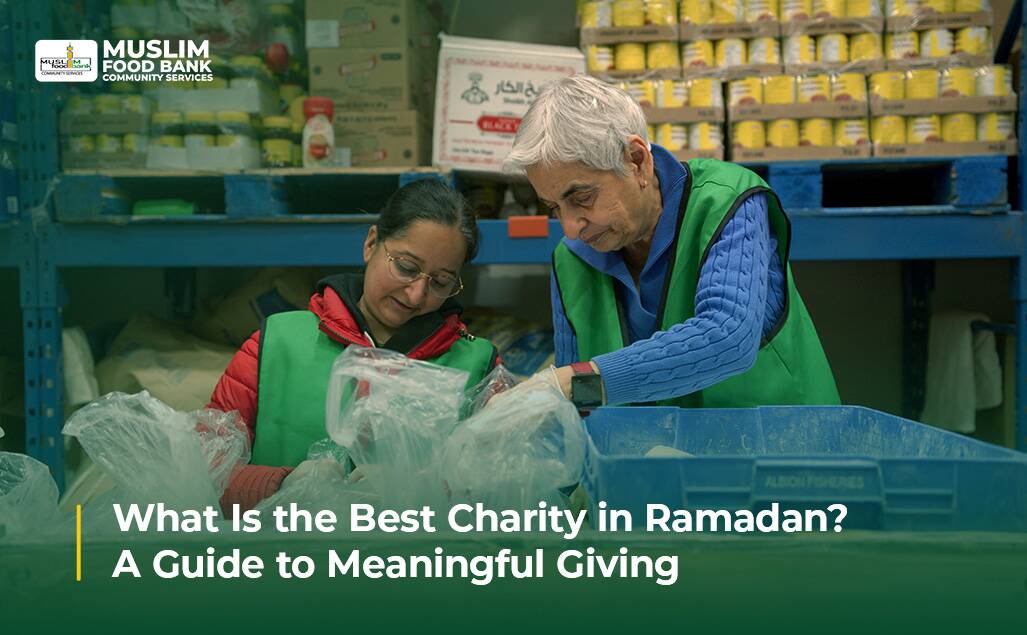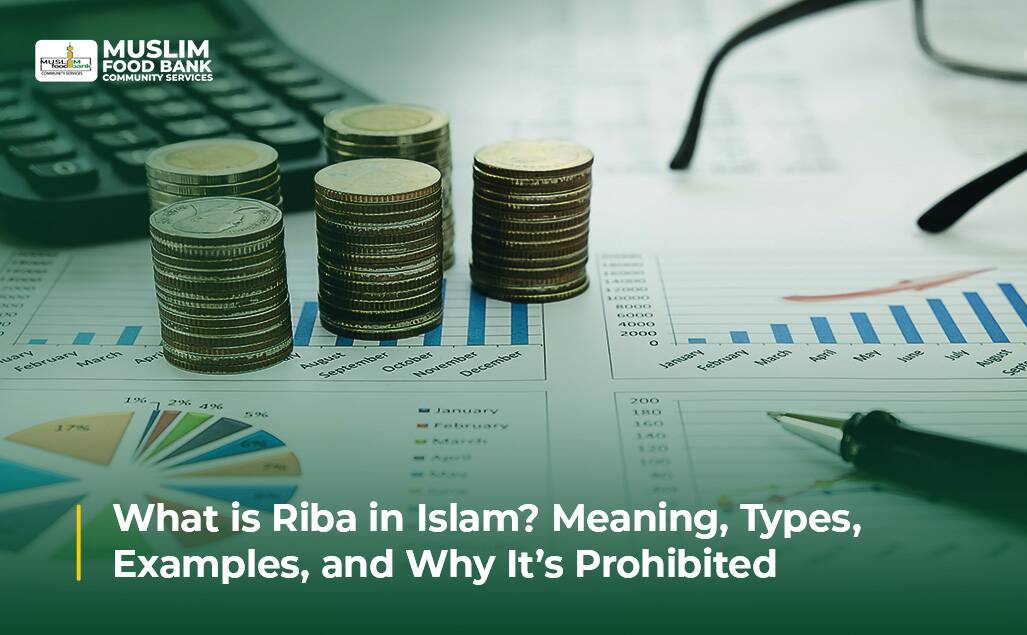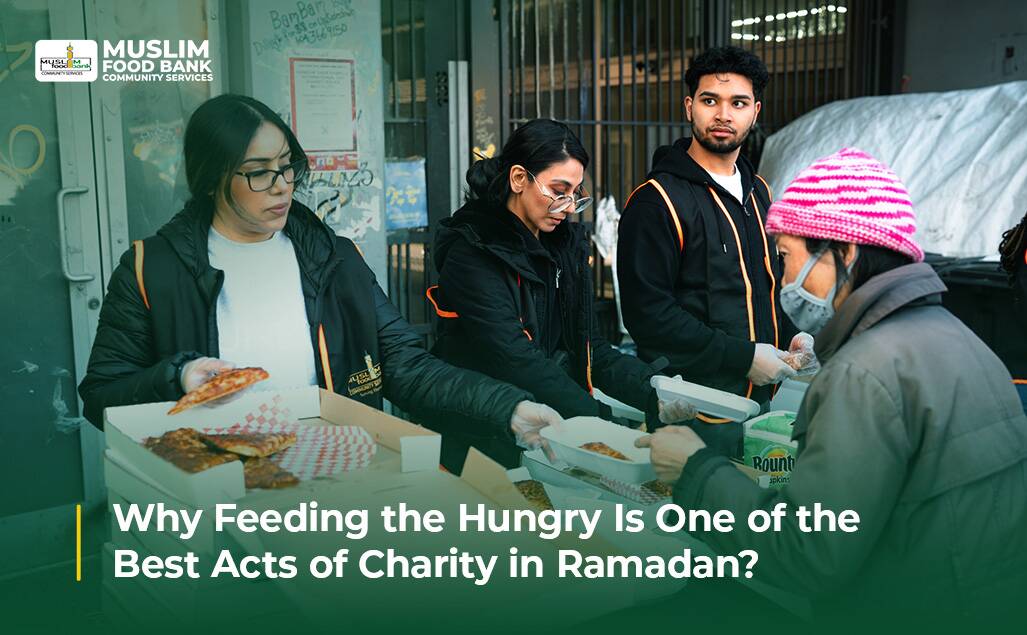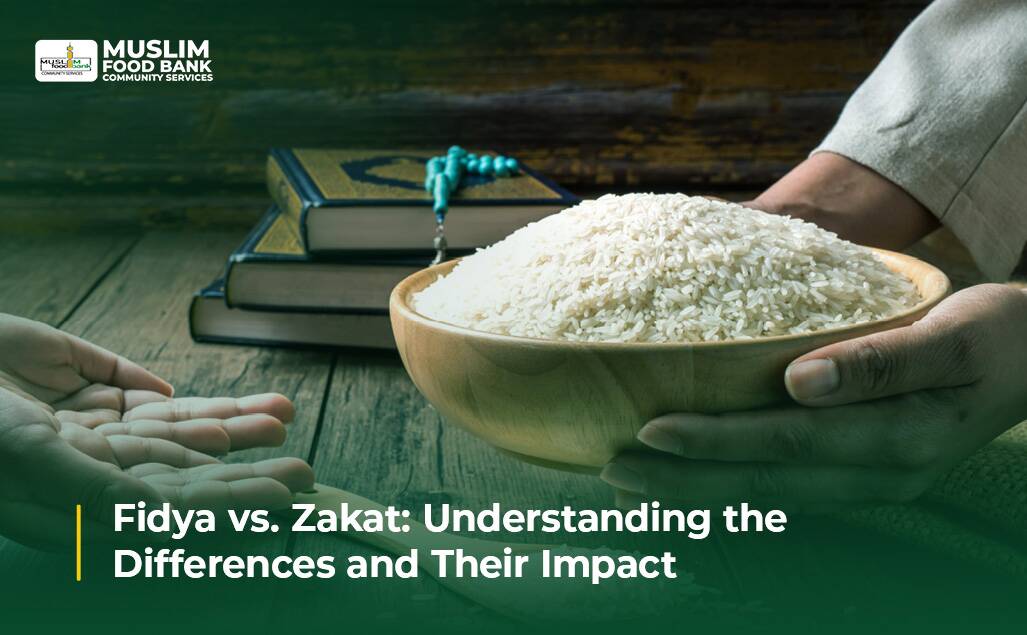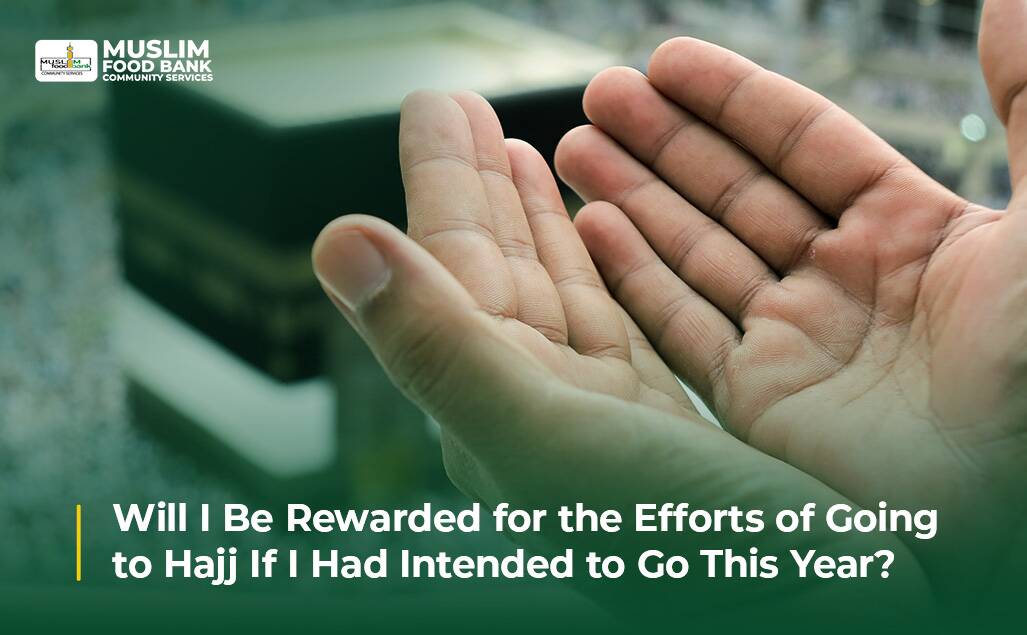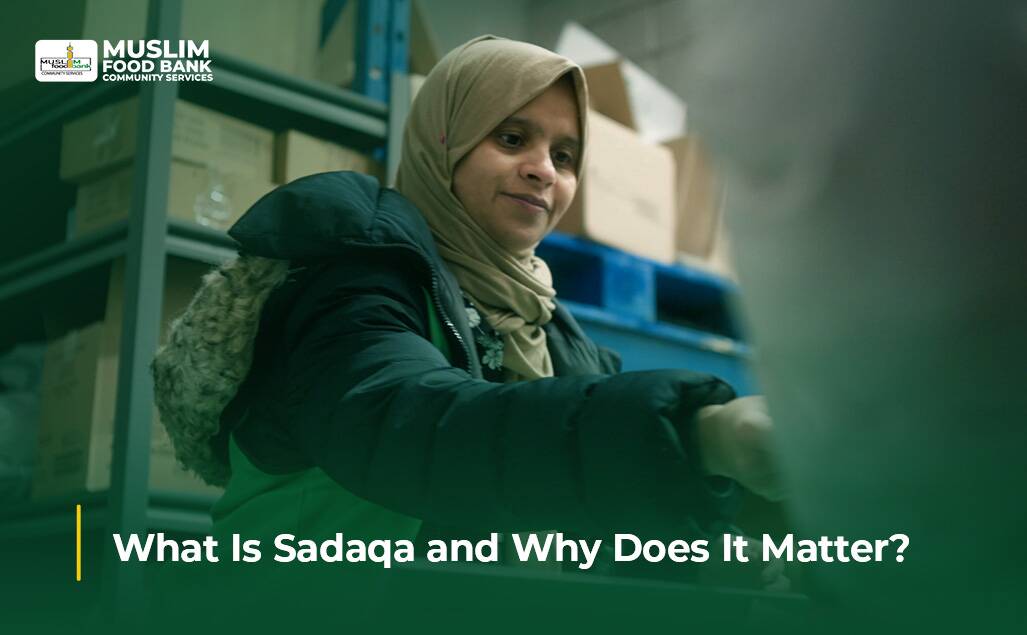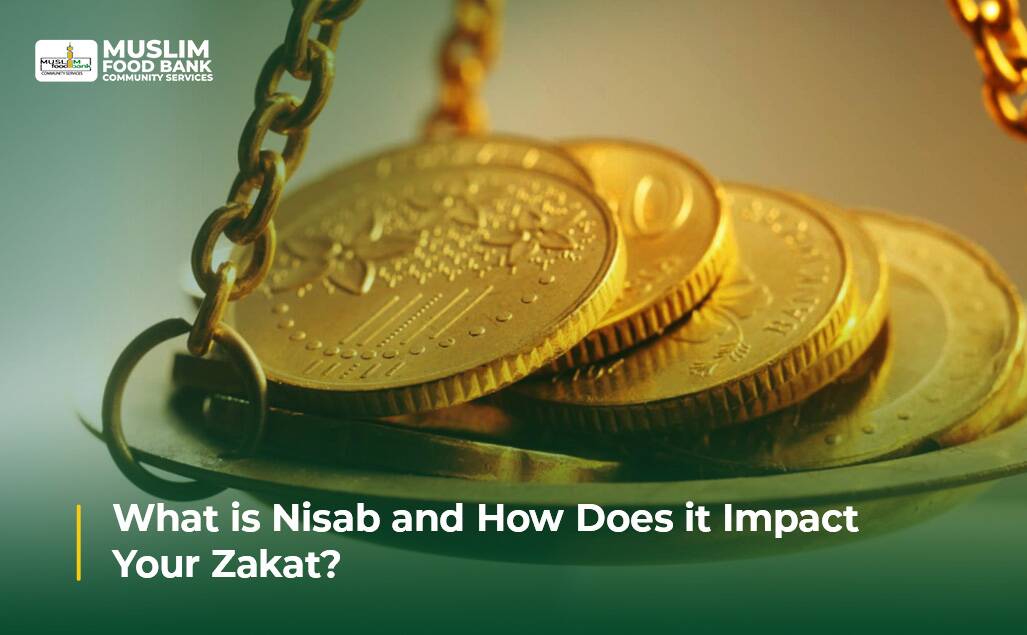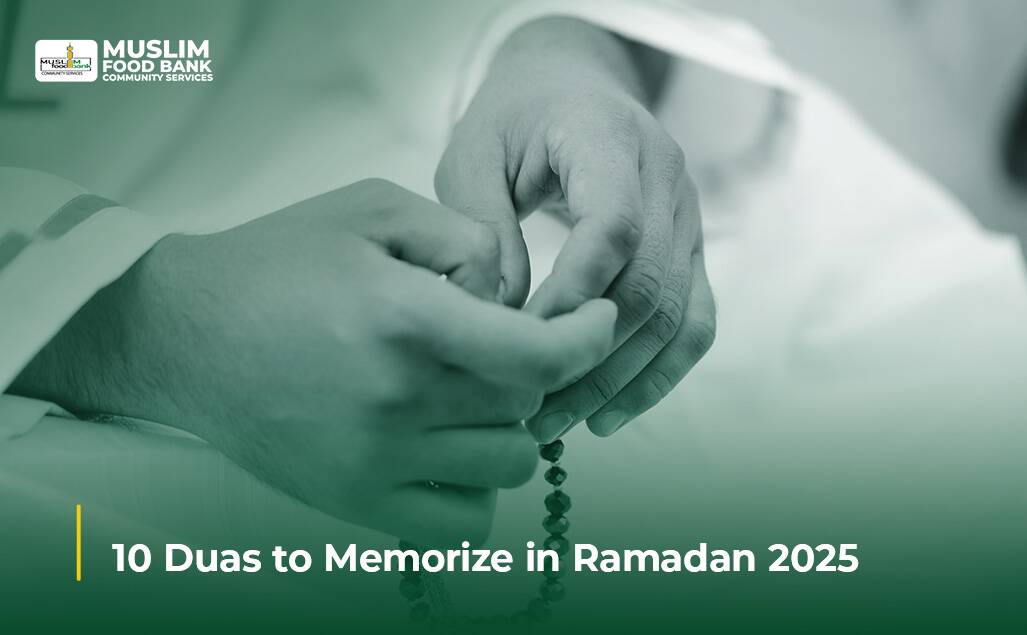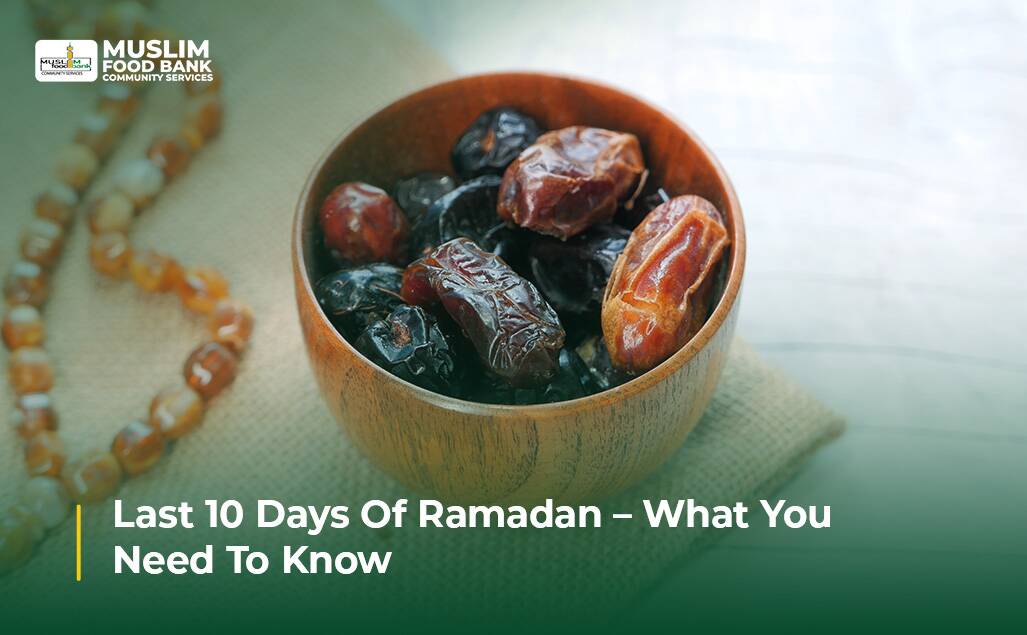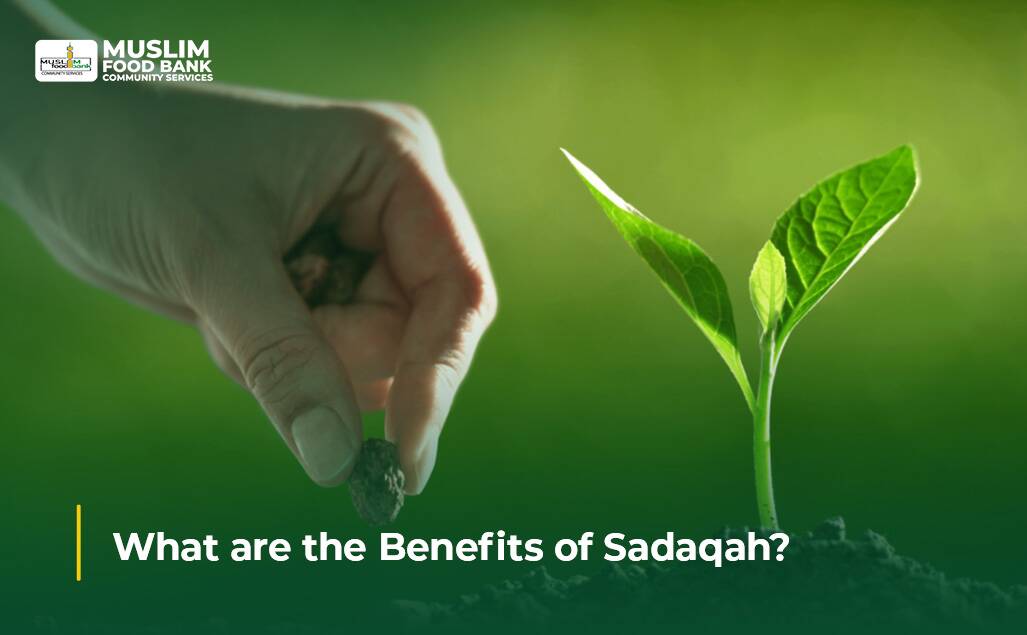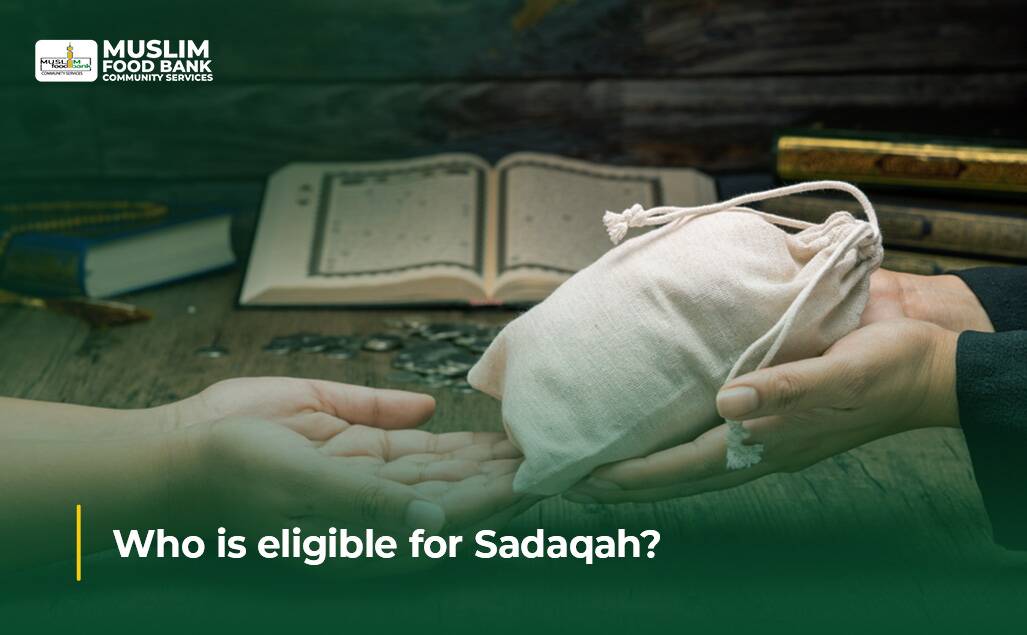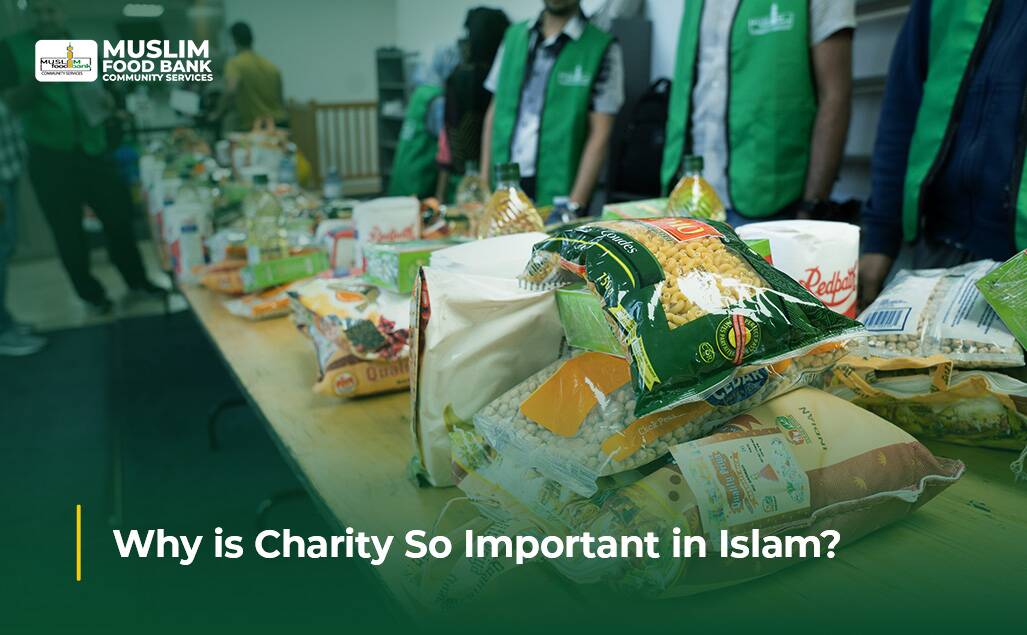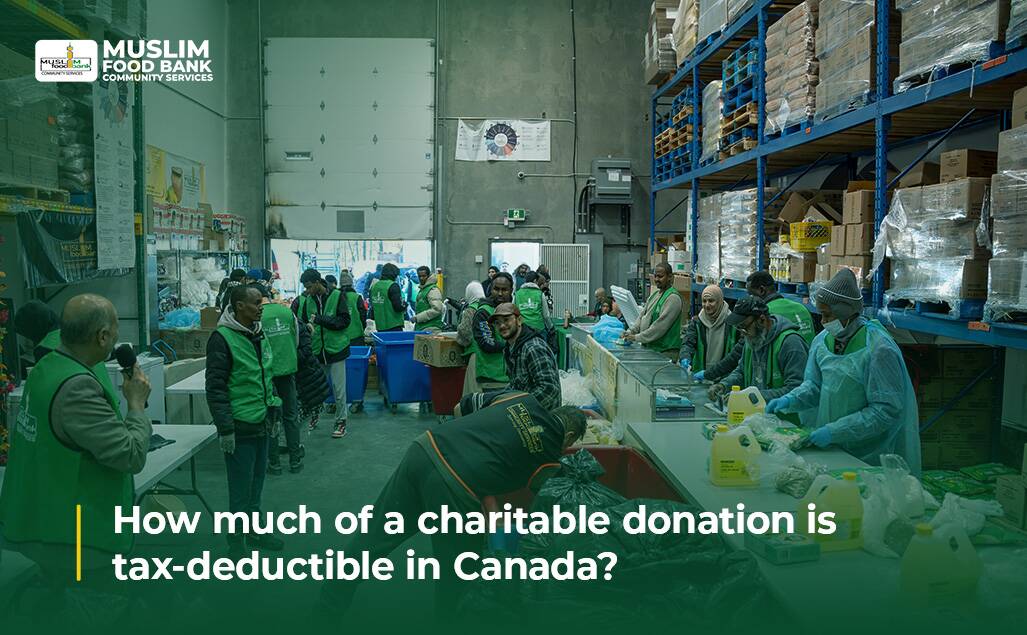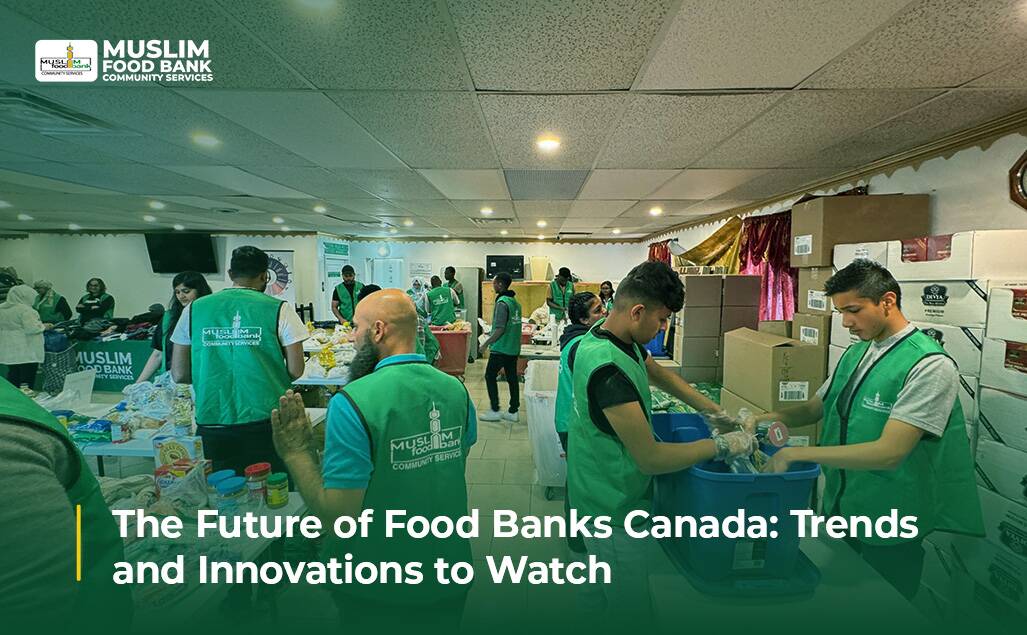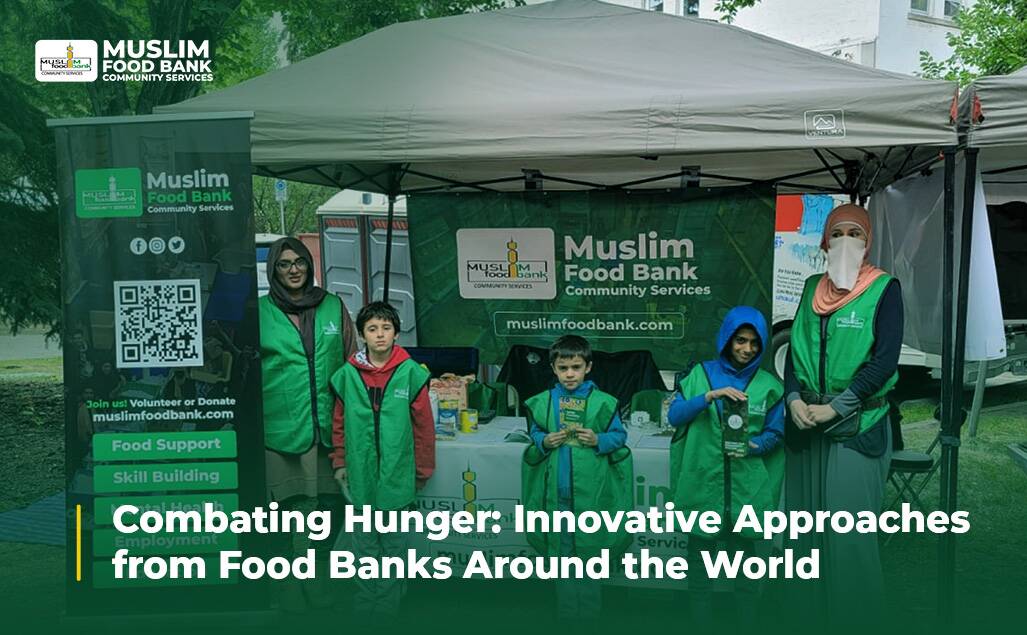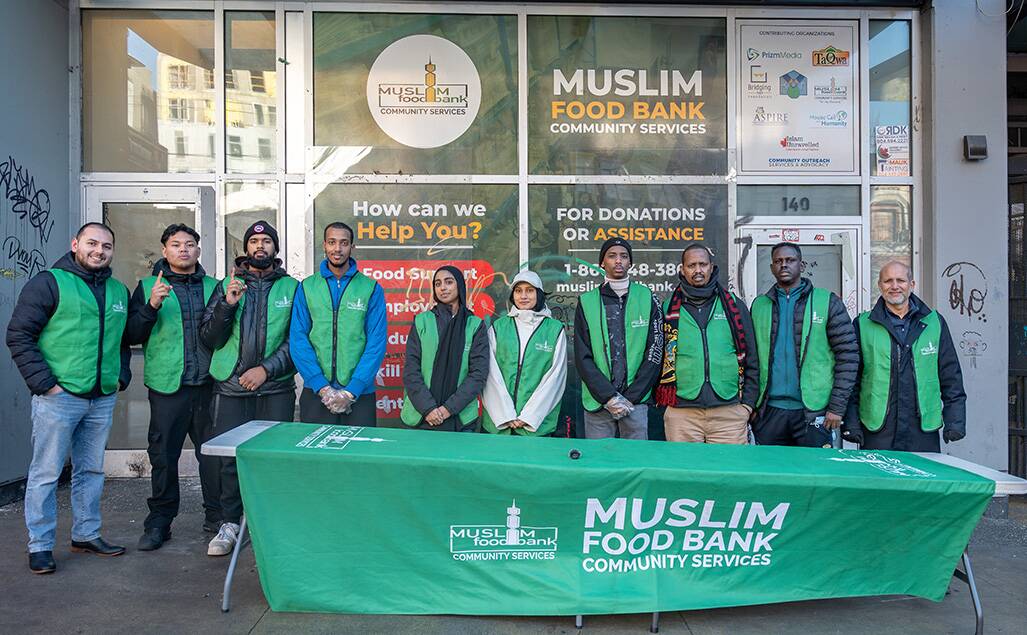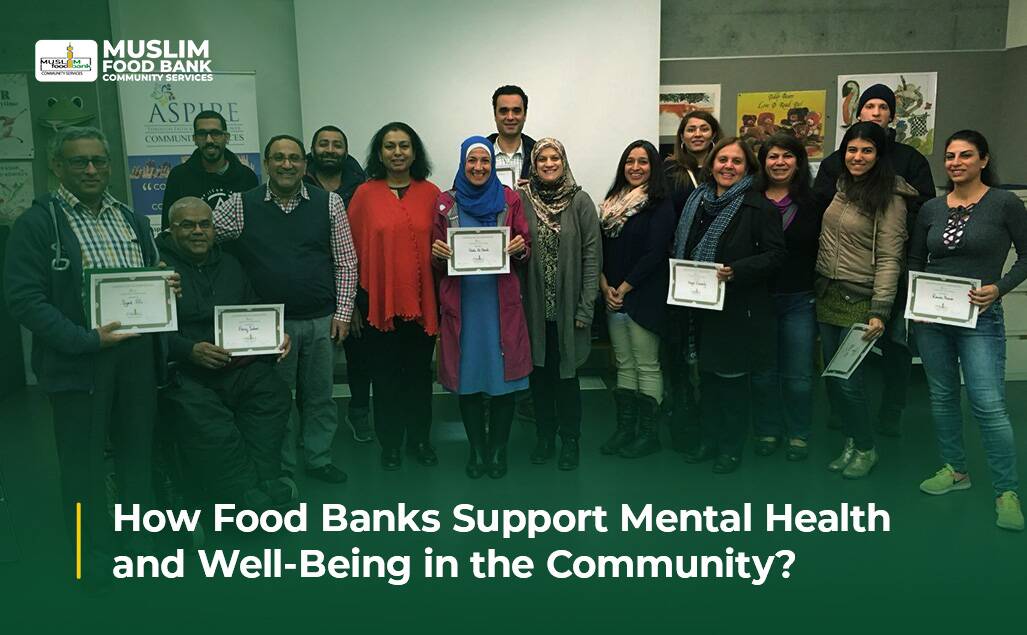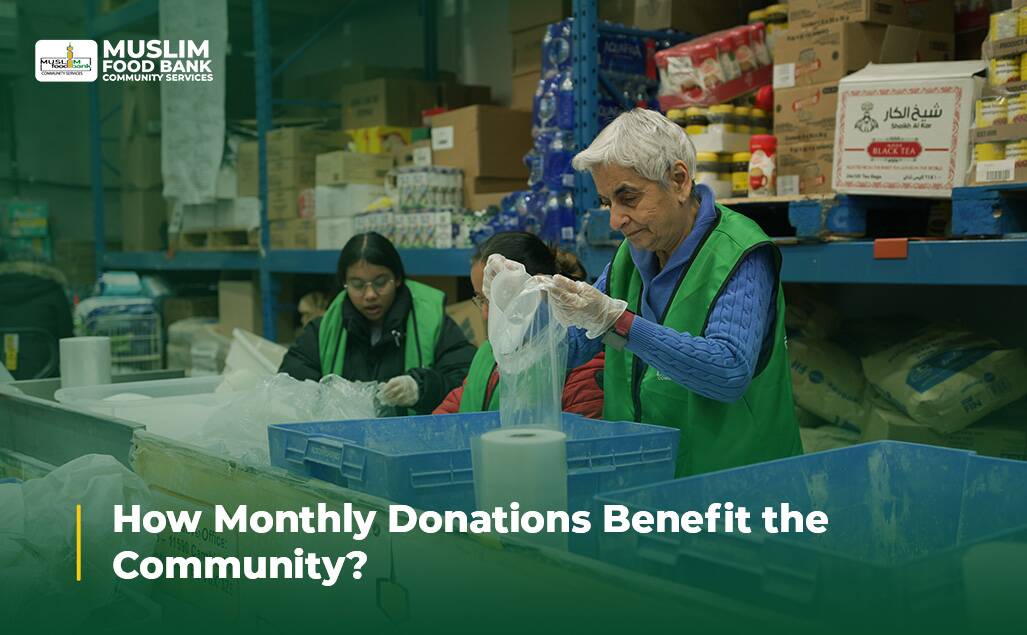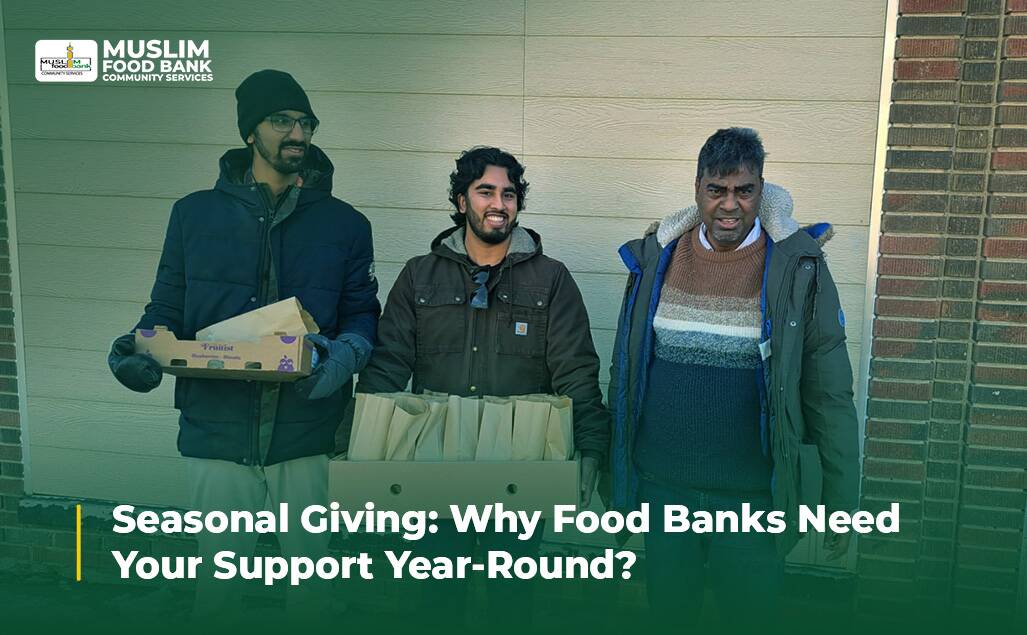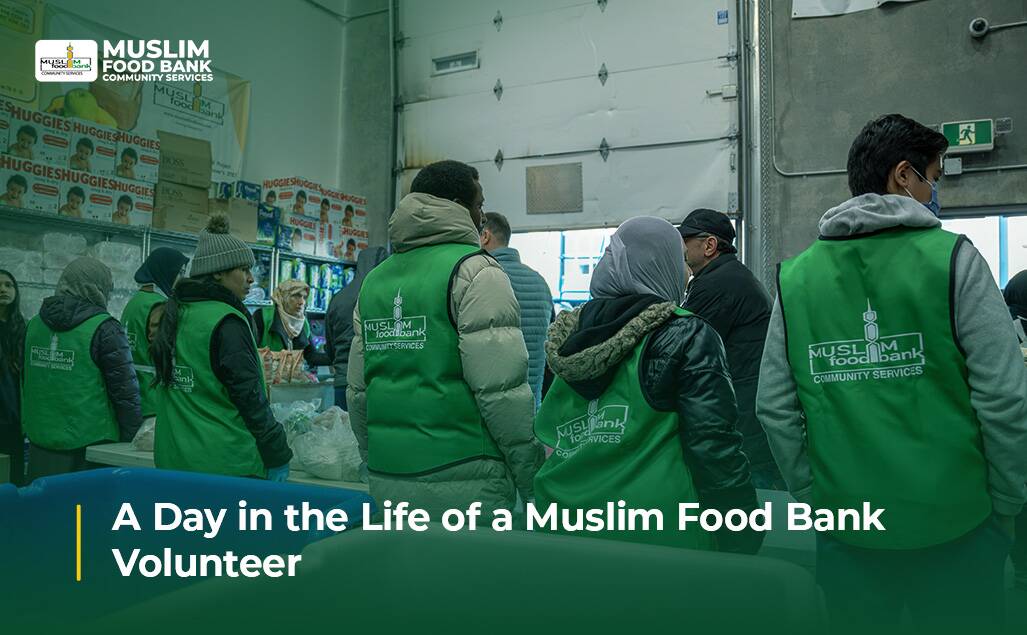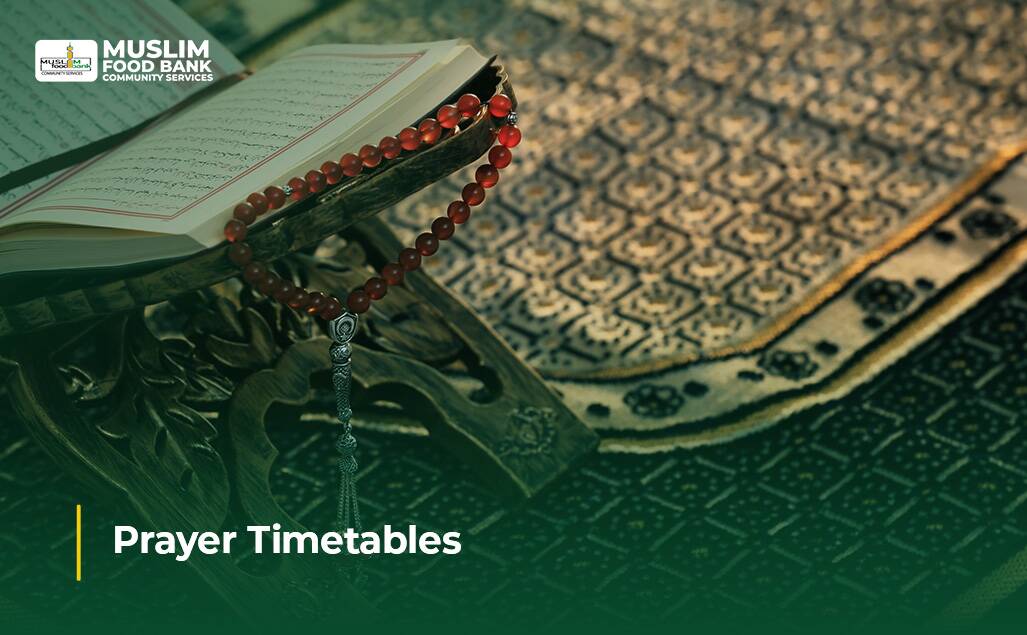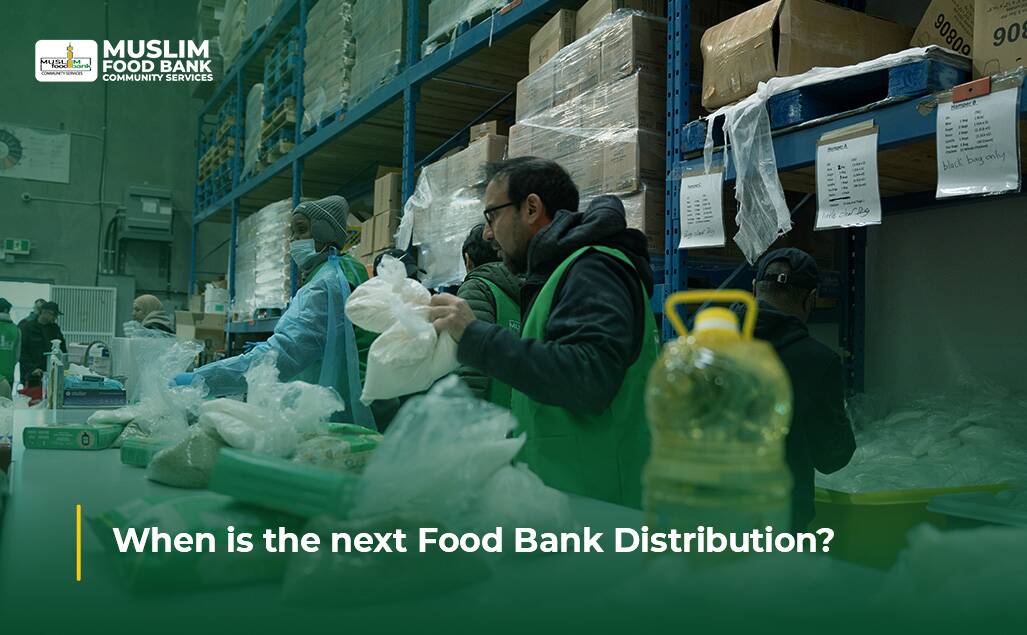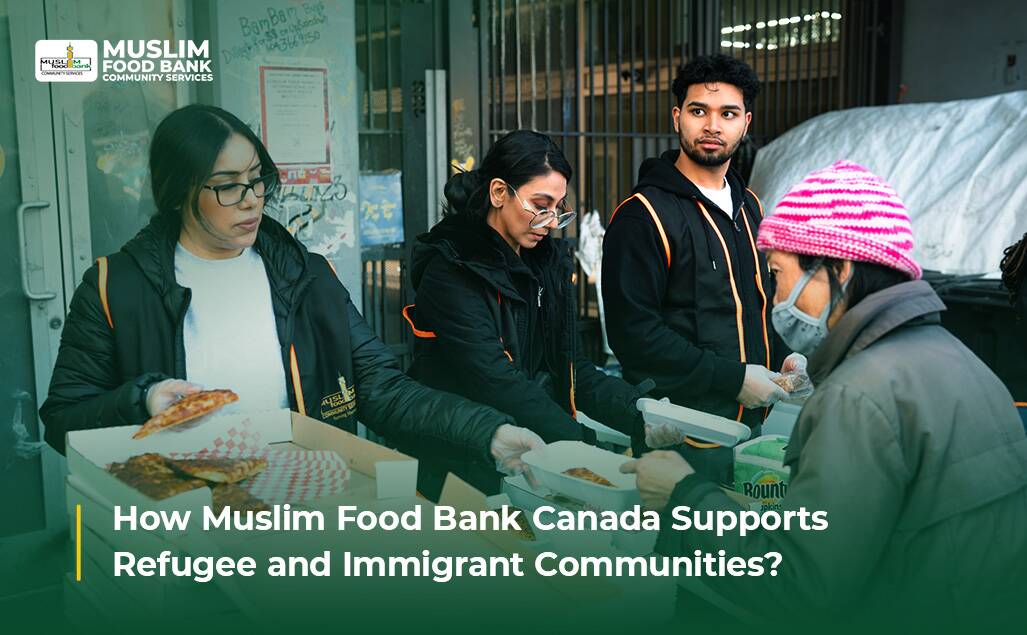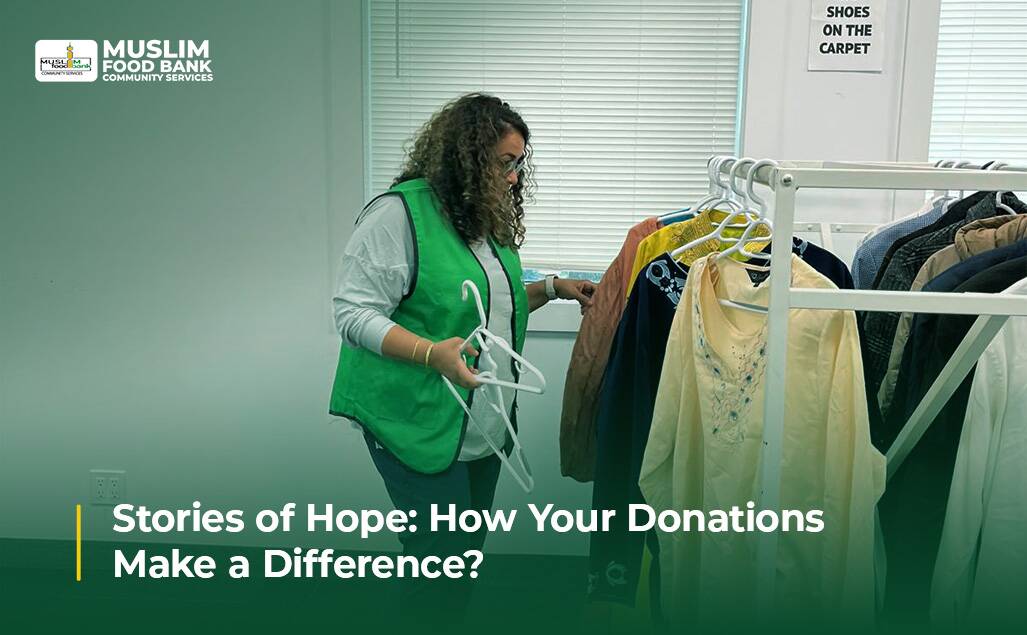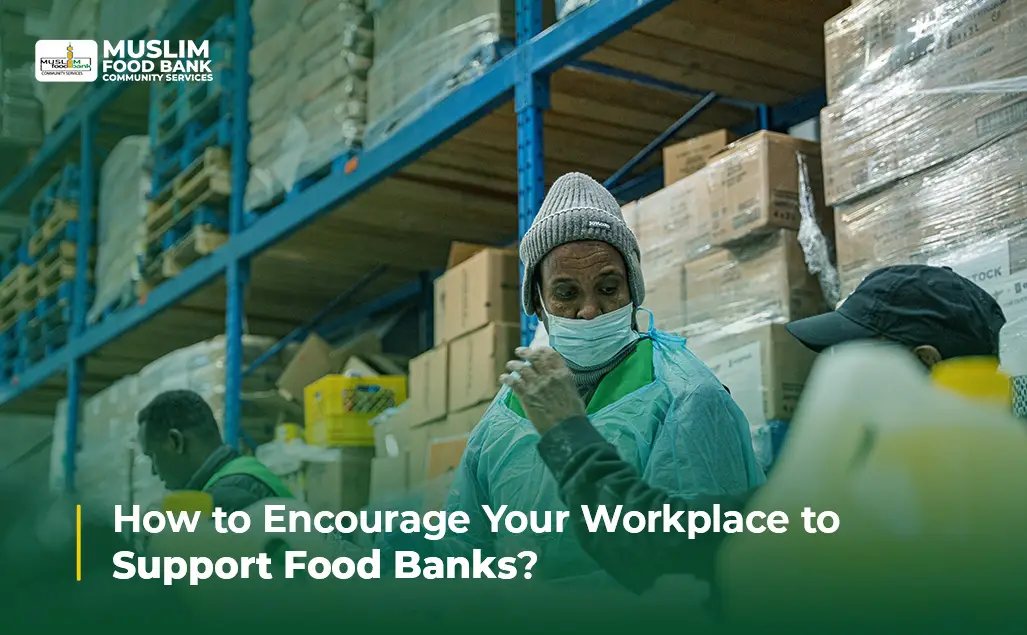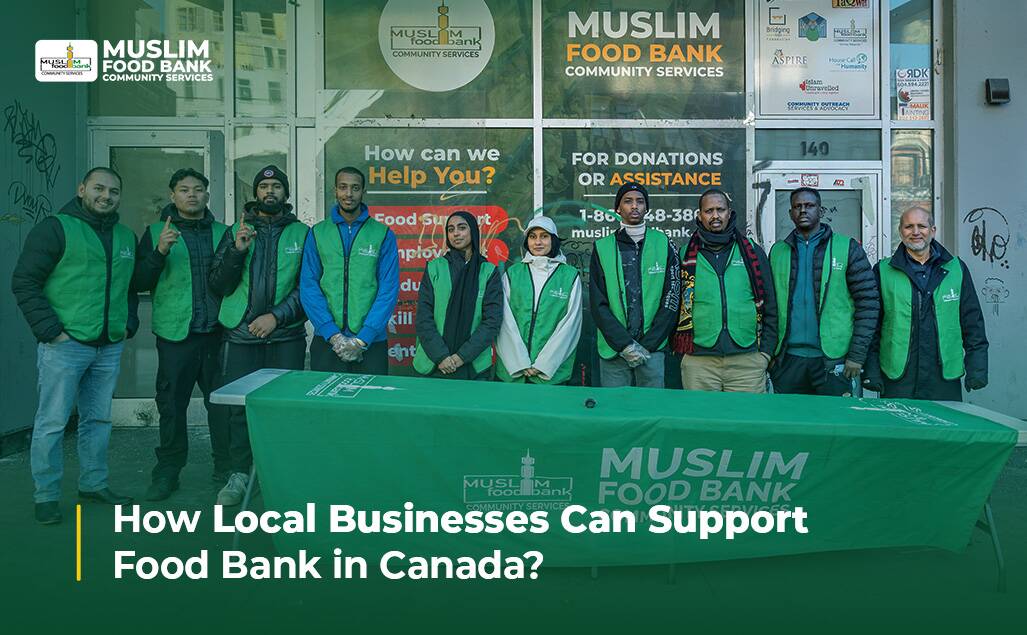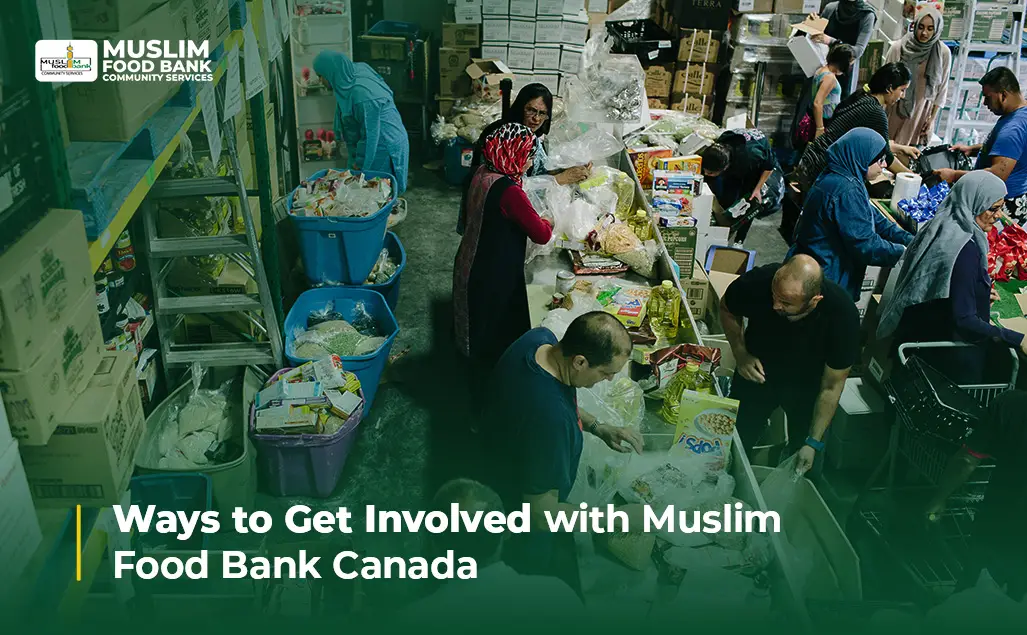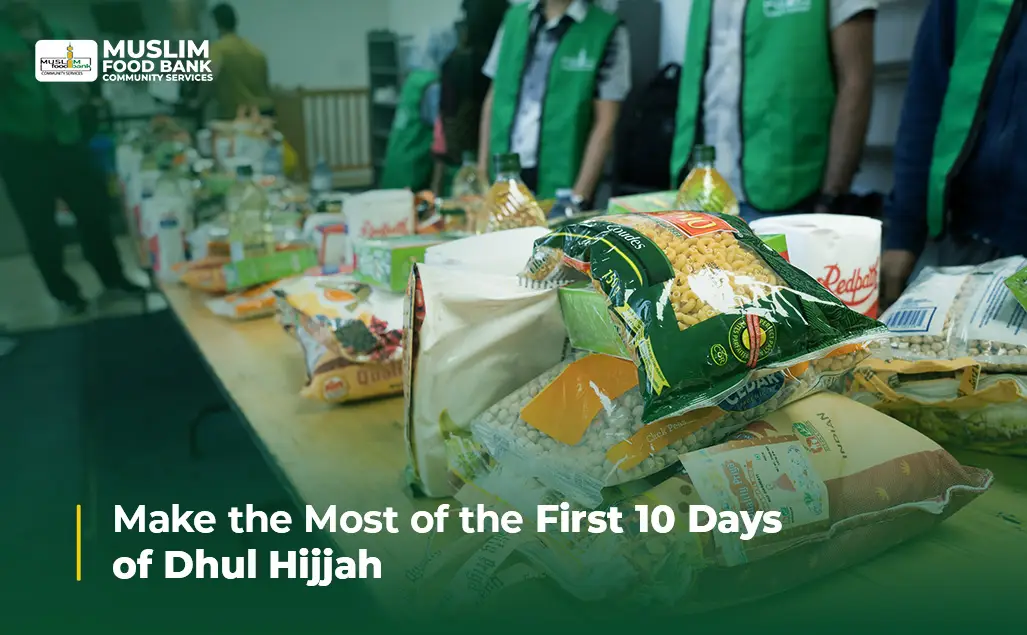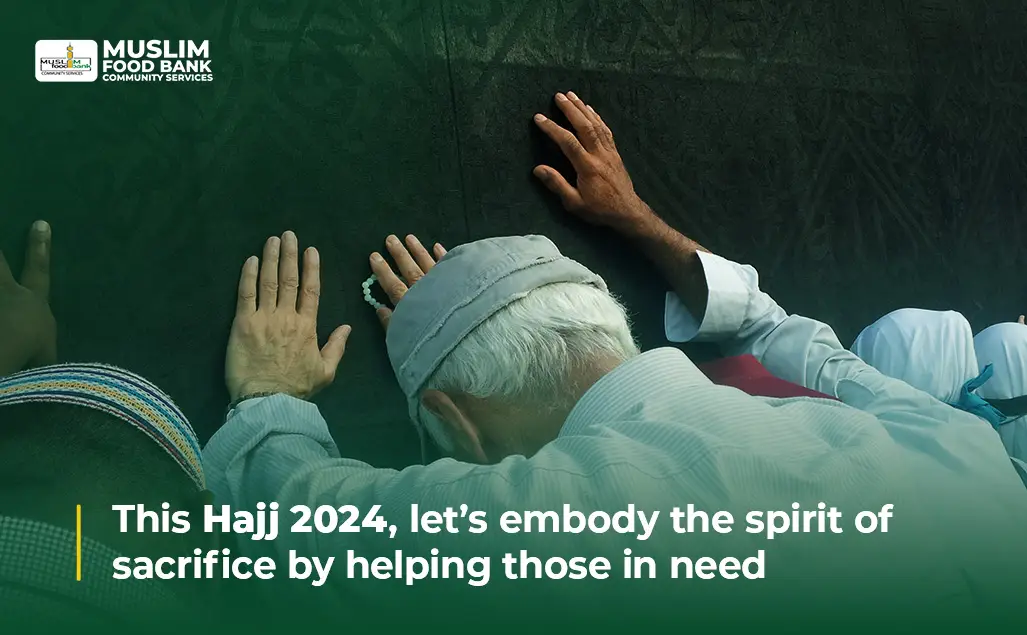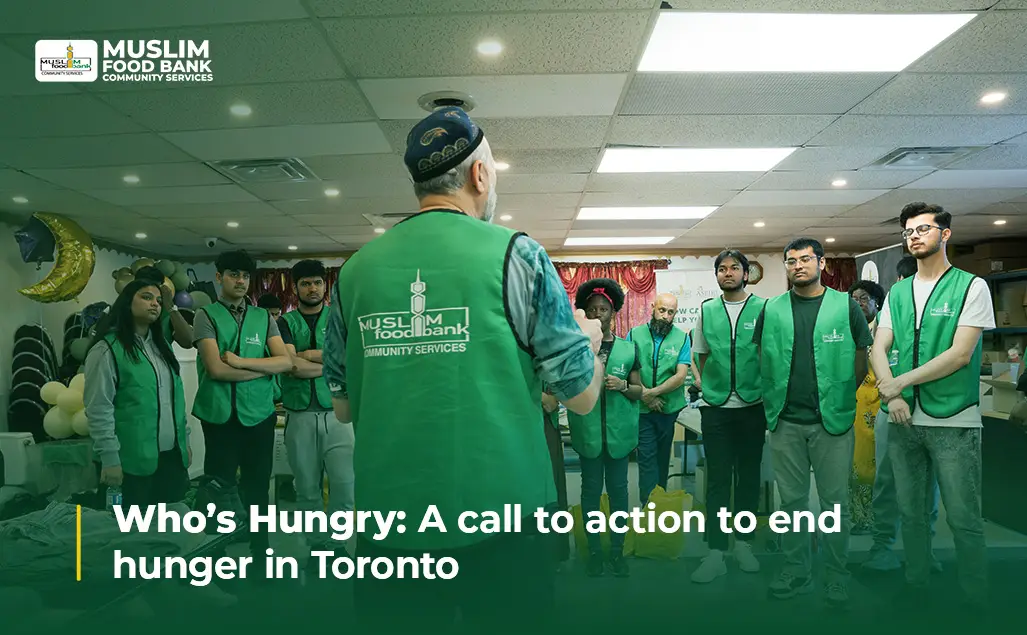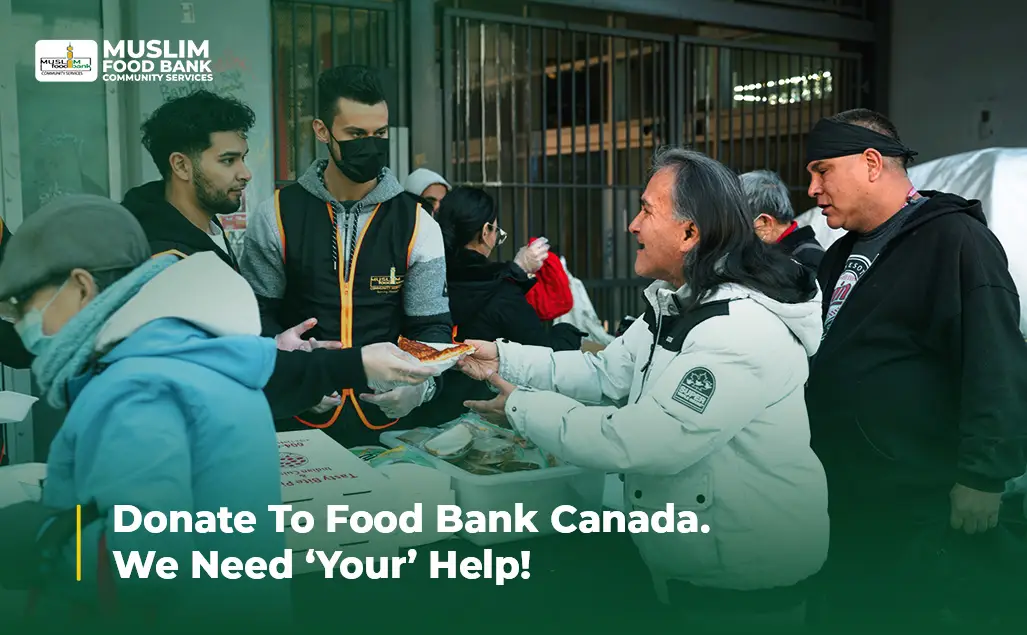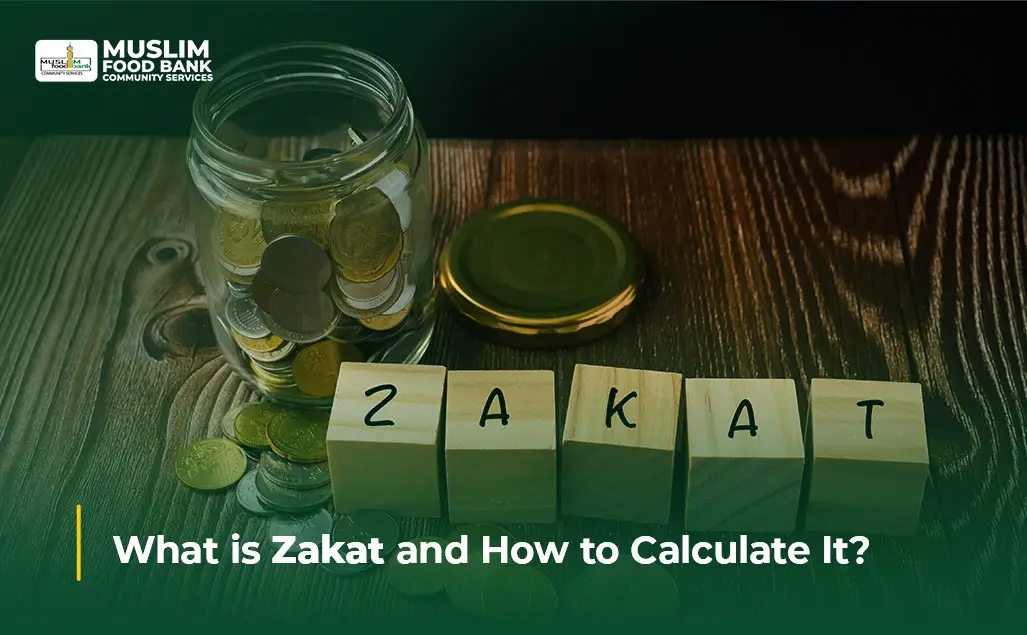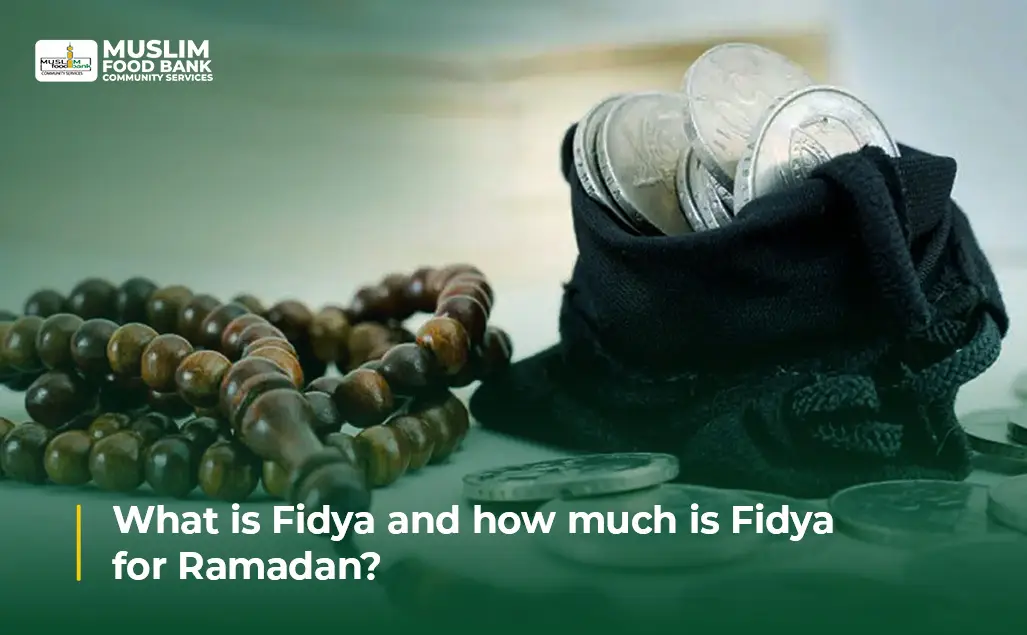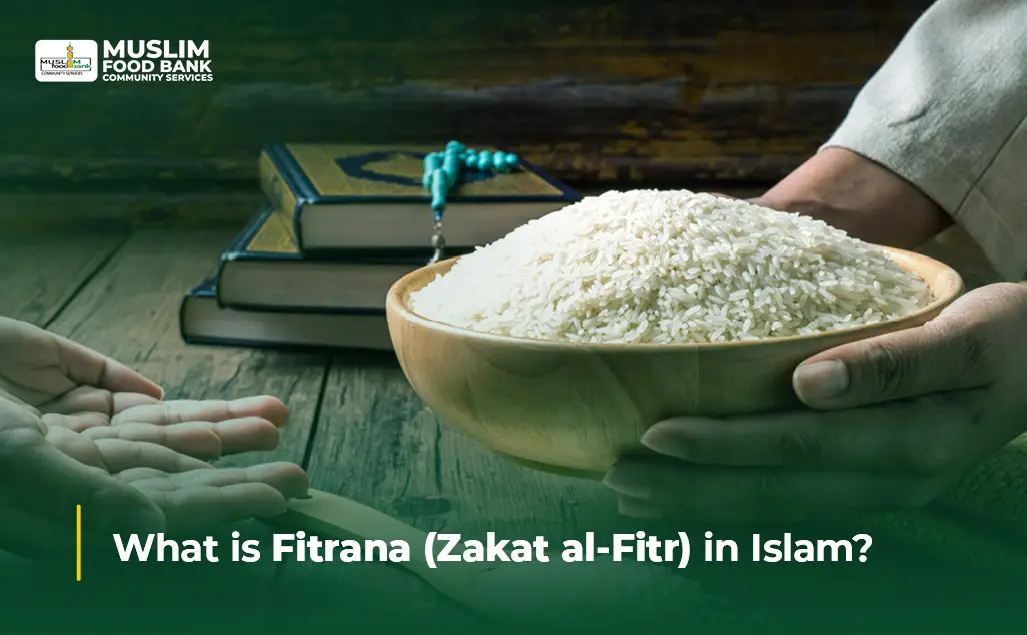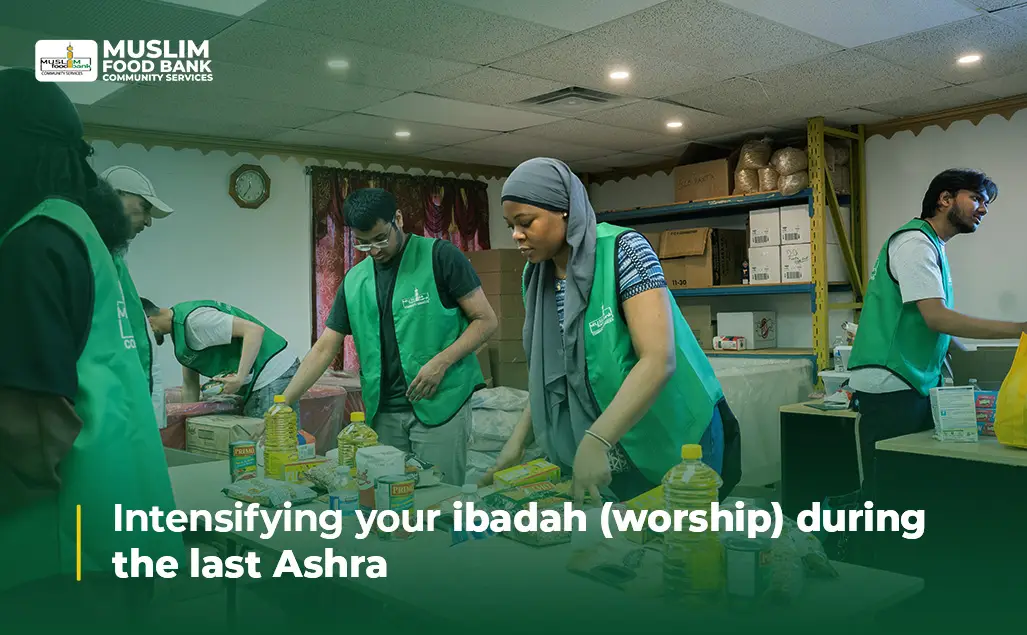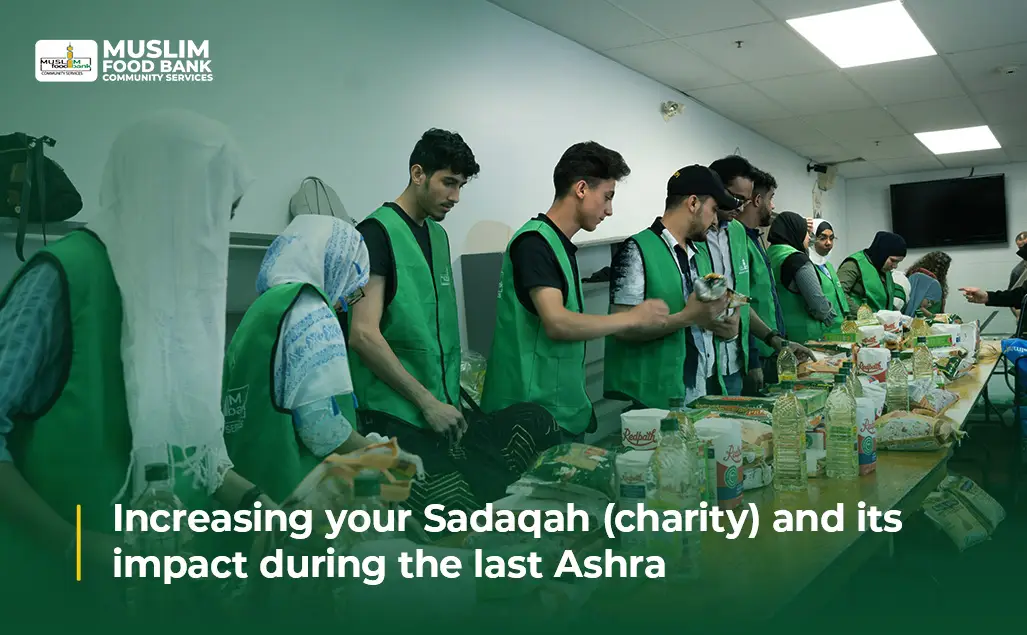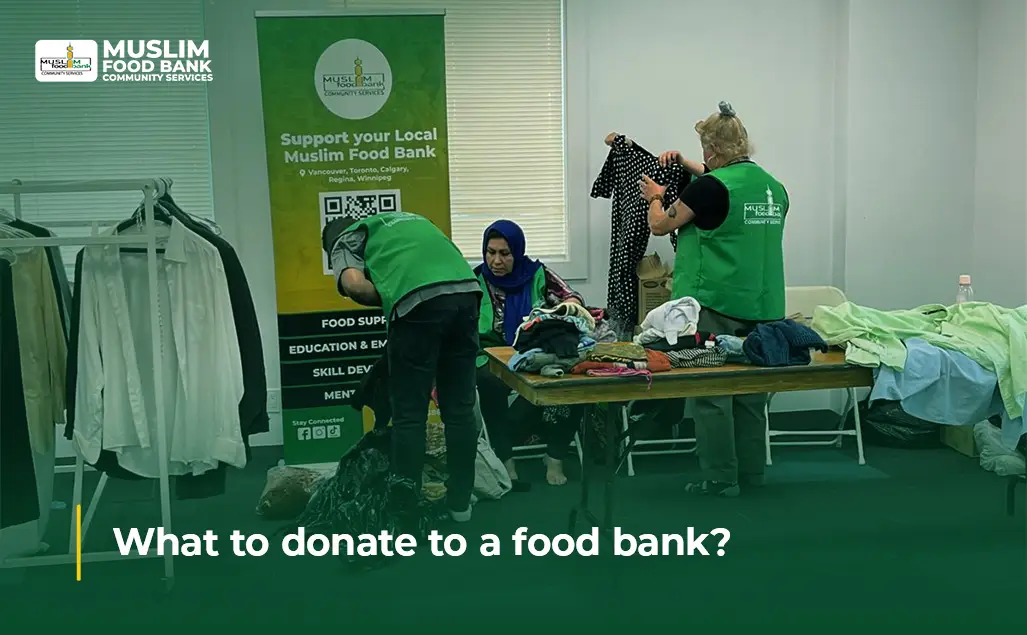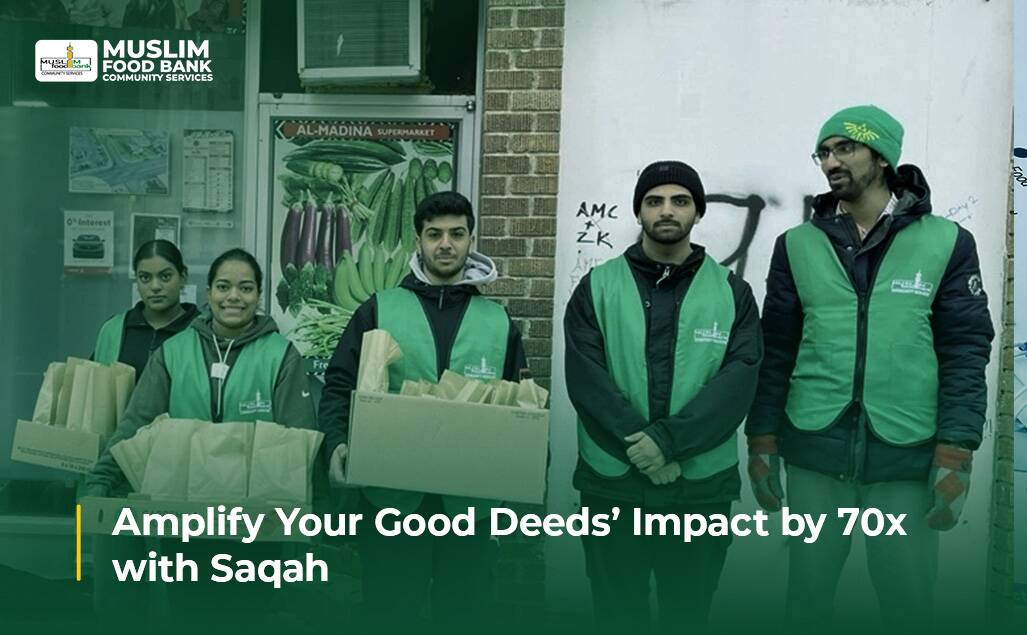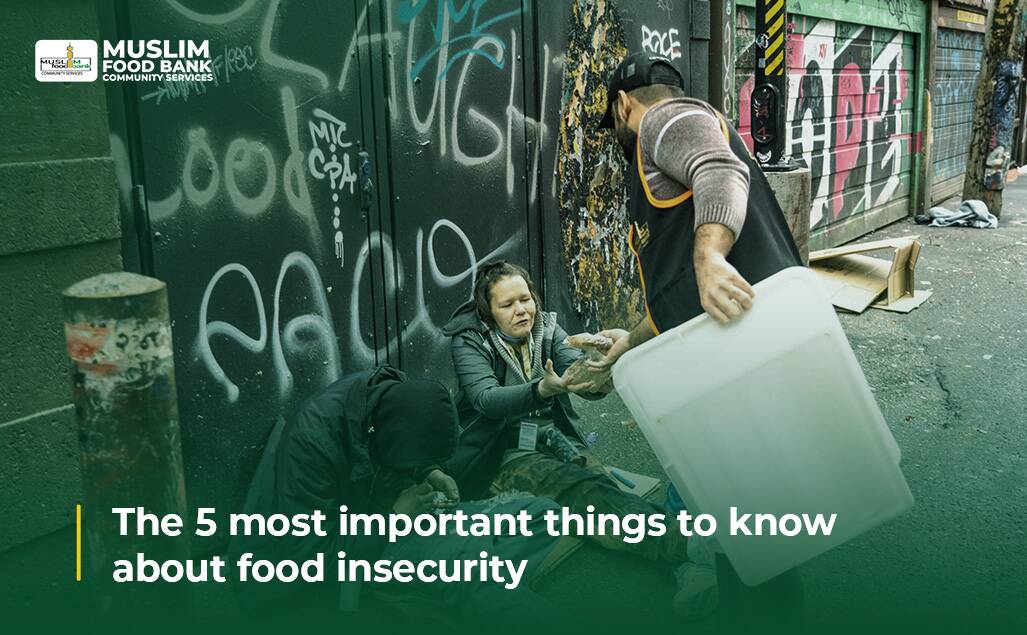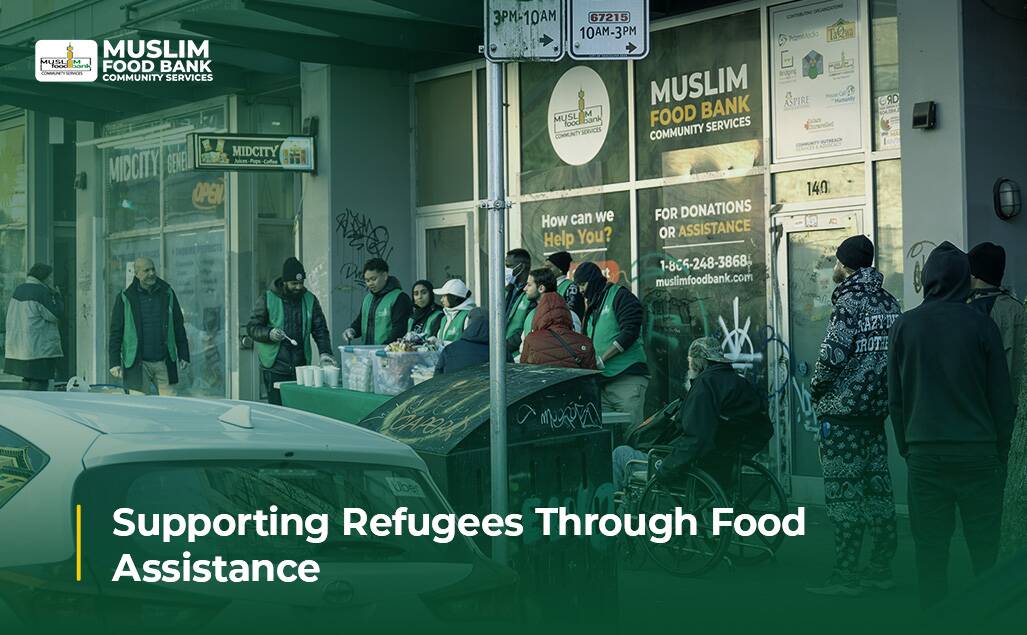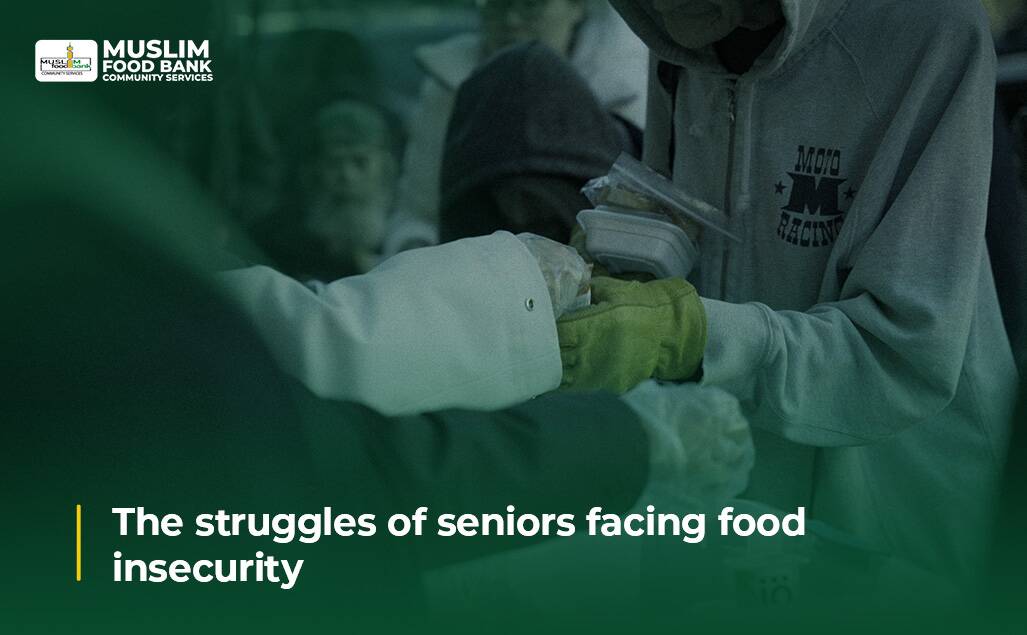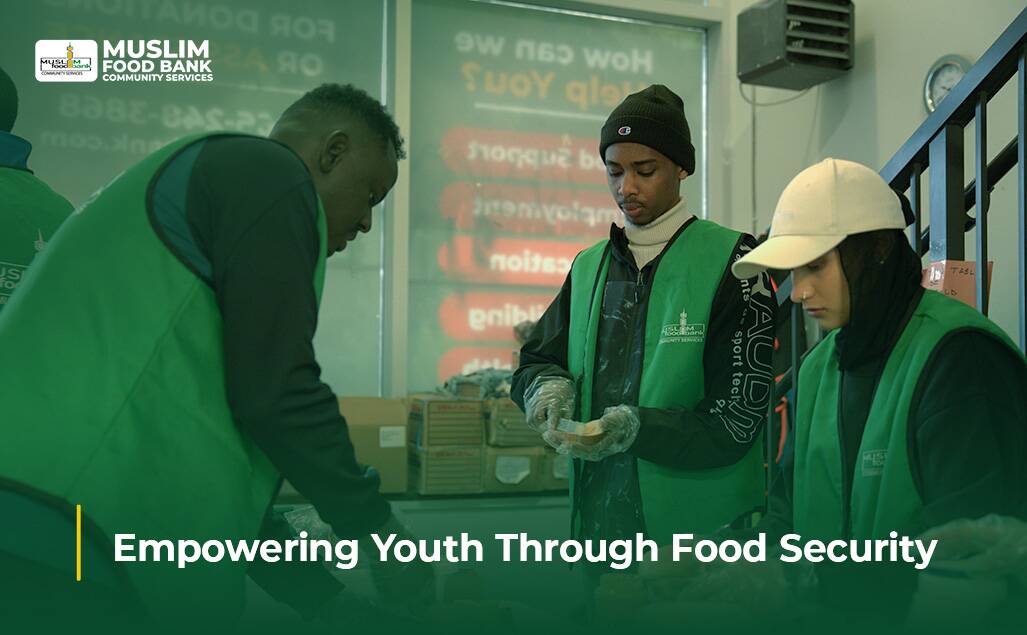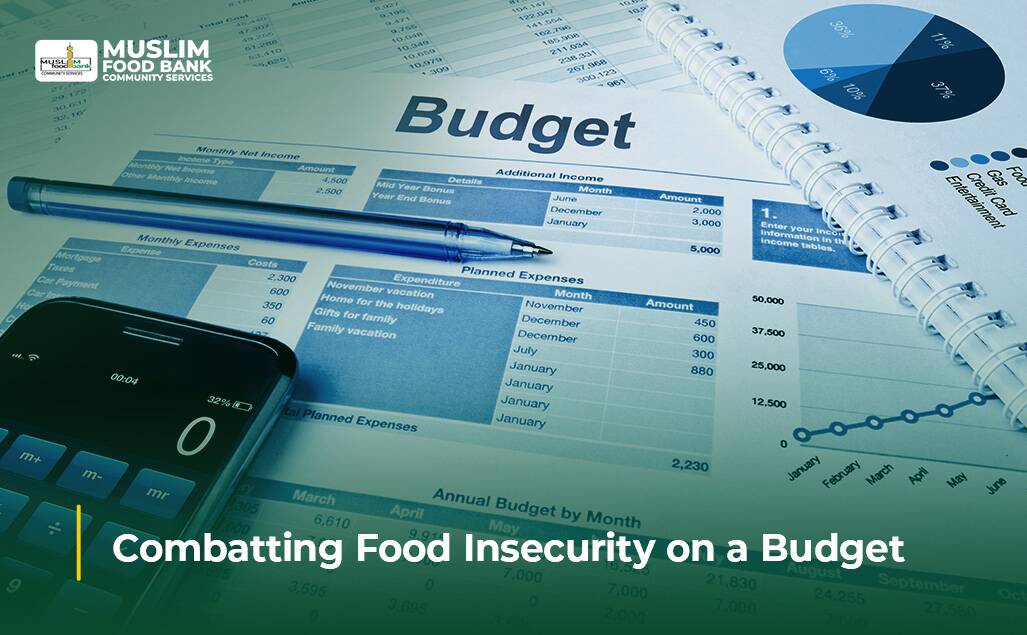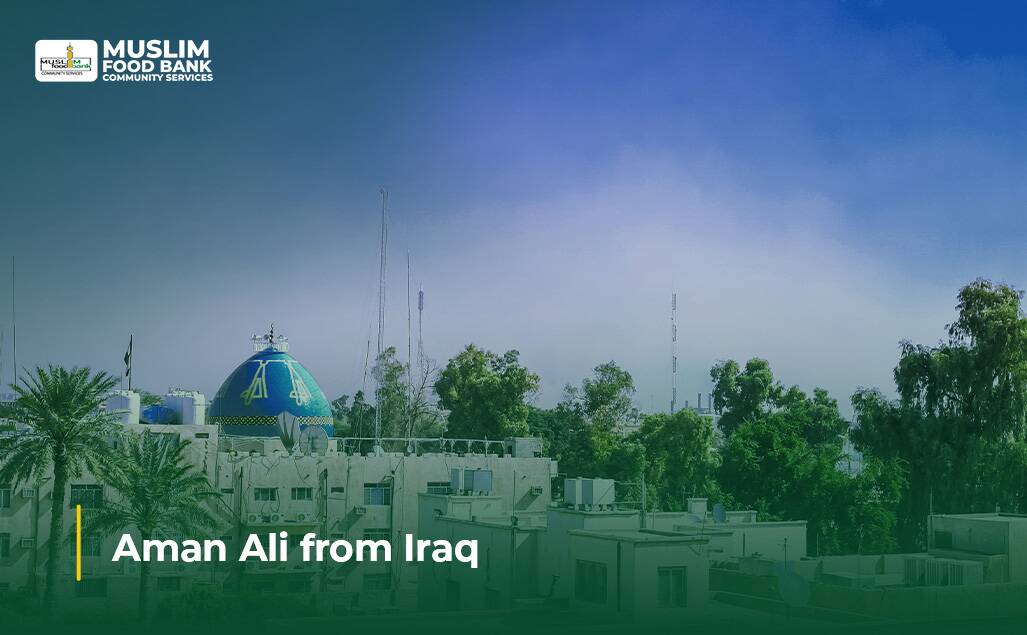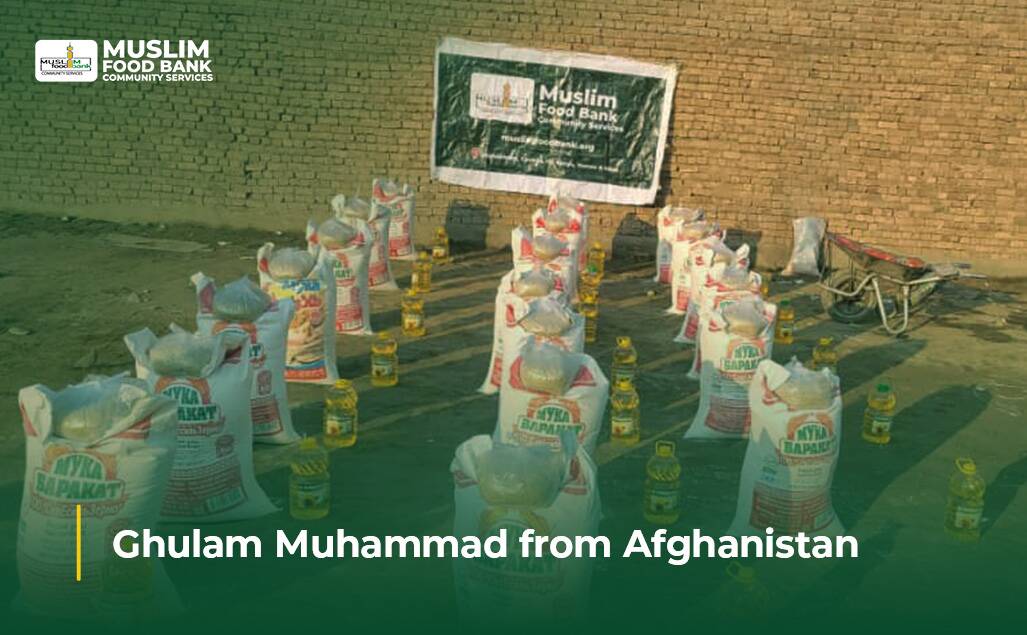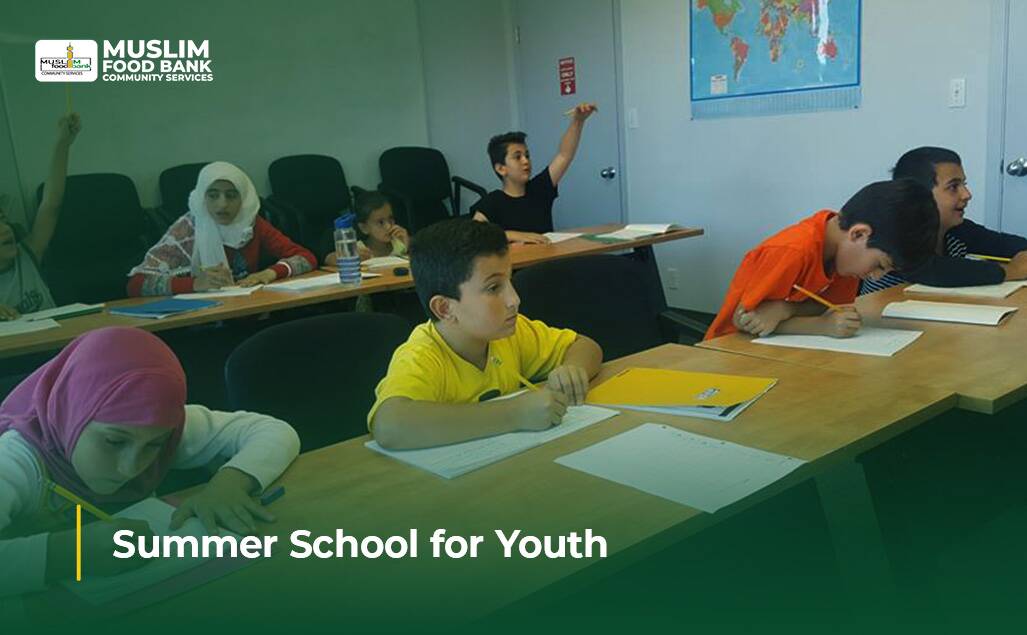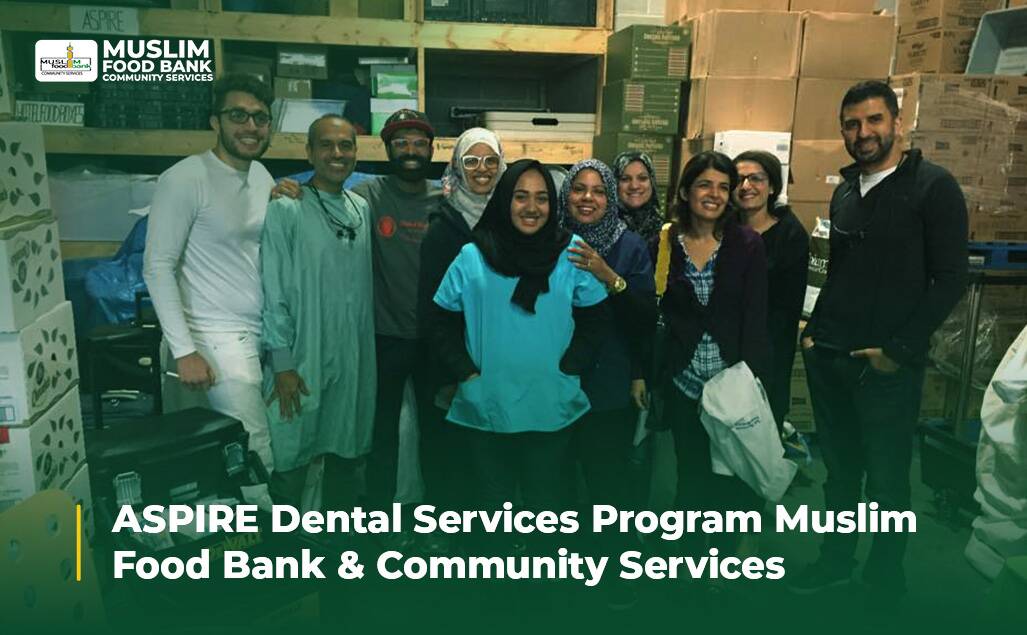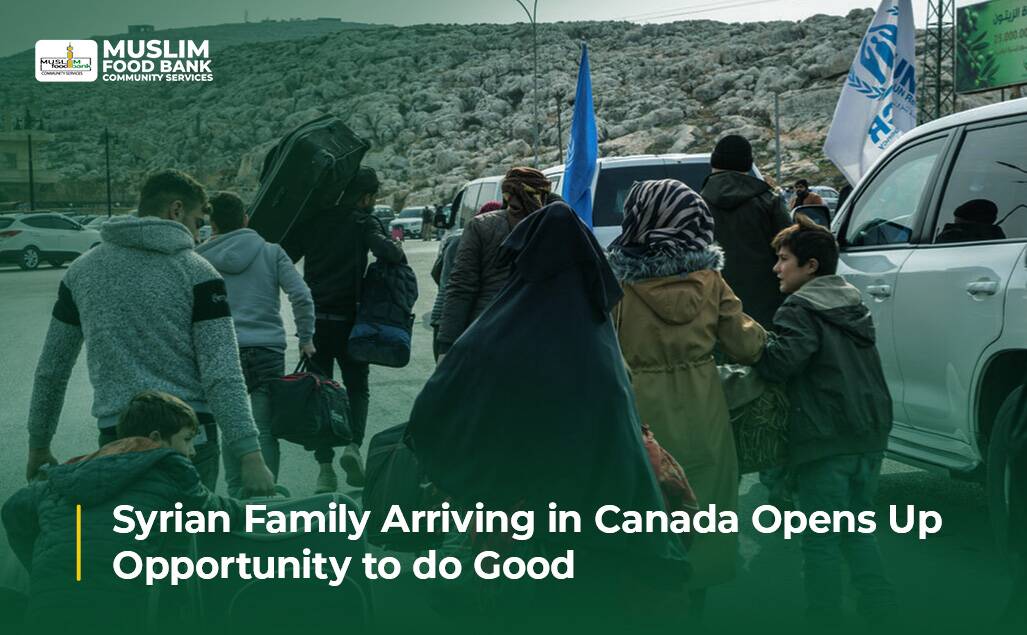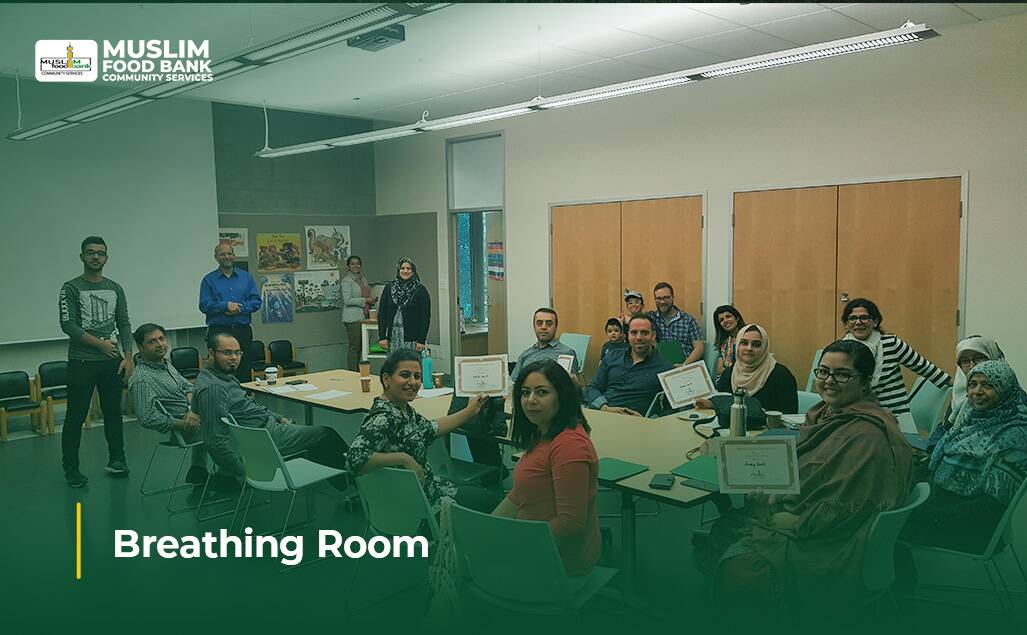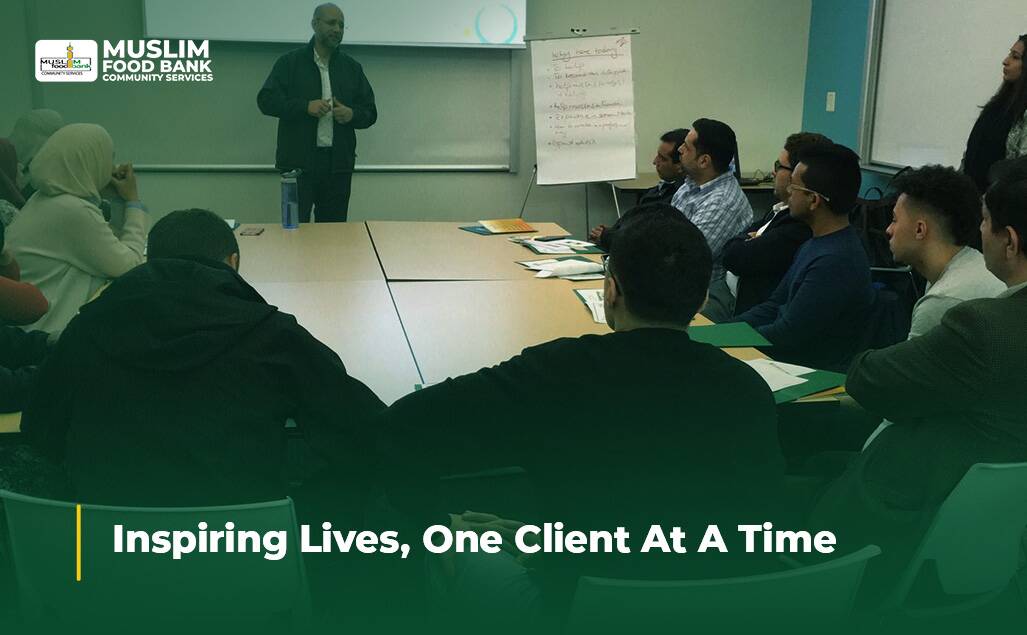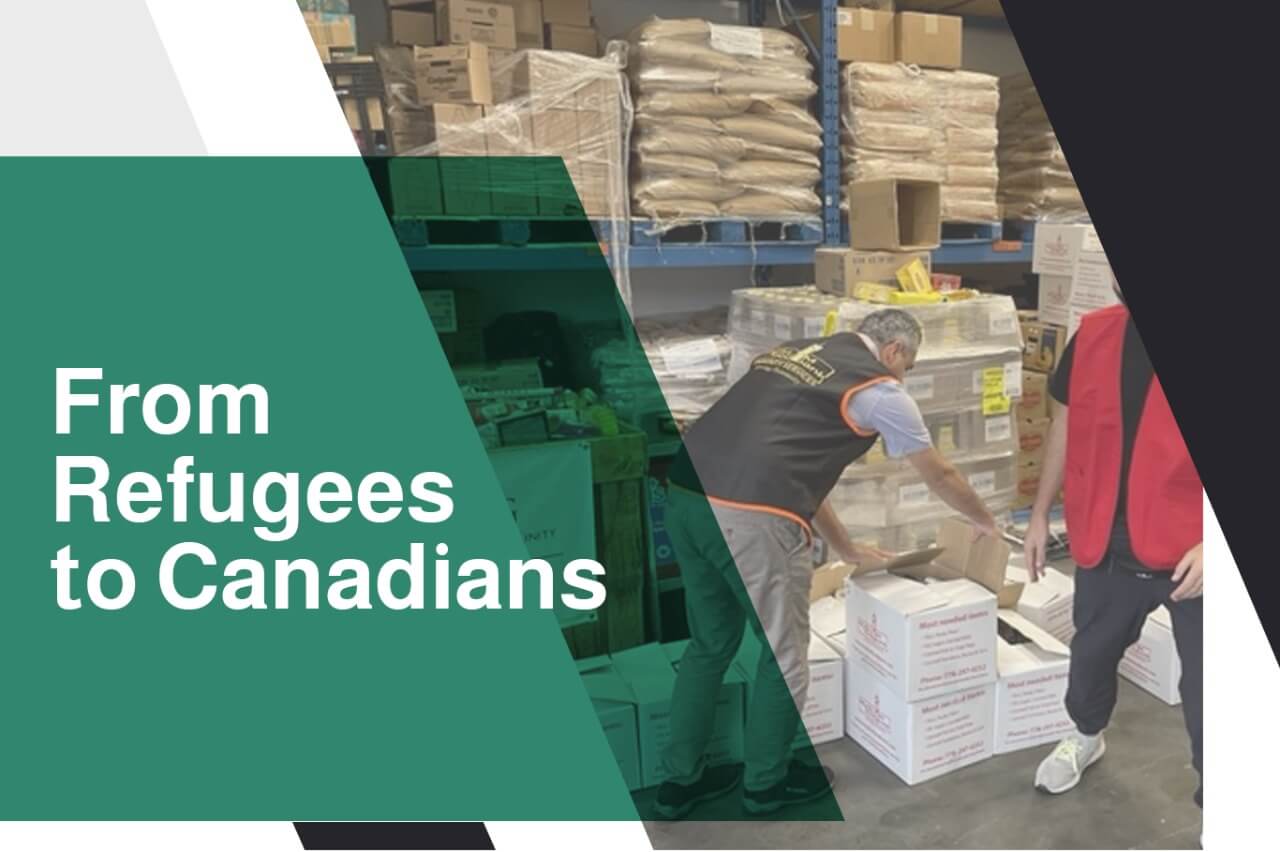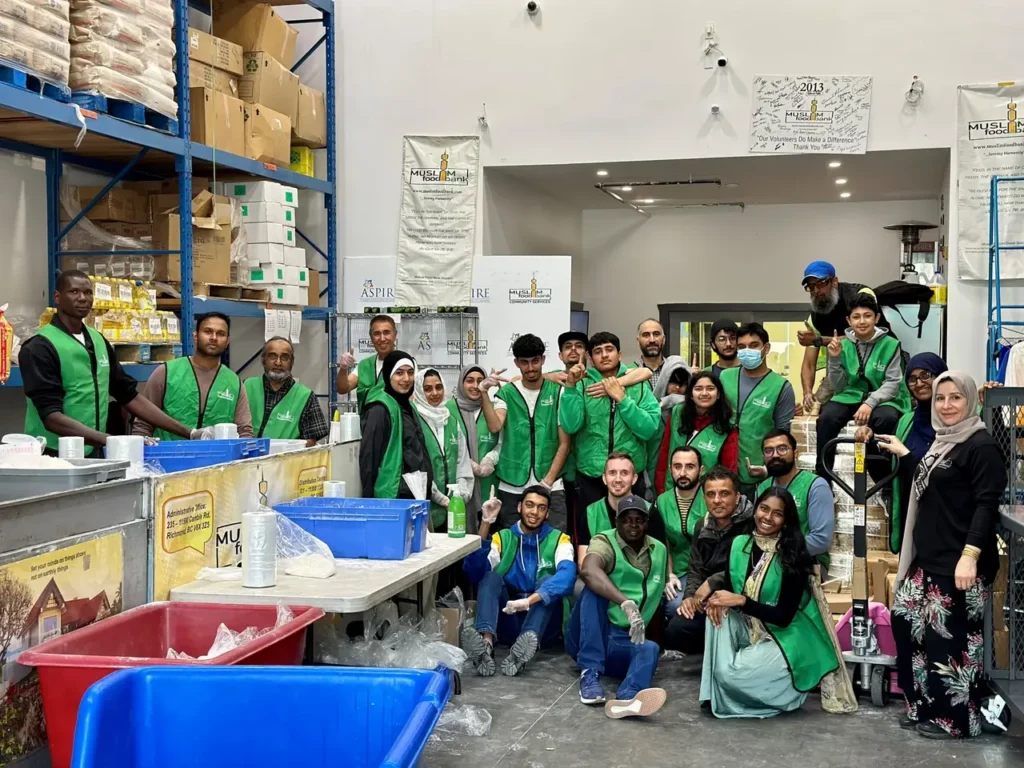Ramadan is a time of spiritual renewal, reflection, and charity. Among the many ways Muslims give during this blessed month, Fitrana (Zakat al-Fitr) and Fidya hold significant importance. These forms of giving ensure that those in need can celebrate Eid without hardship and that those who are unable to fast still fulfill their obligations.
What Is Fitrana (Zakat al-Fitr)?
Fitrana, also known as Zakat al-Fitr, is a compulsory charitable donation that every eligible Muslim must give before the Eid prayer. It serves as a way to purify one’s fast and help those in need enjoy Eid with dignity.
The Prophet Muhammad (peace be upon him) said: “The fast remains suspended between Heaven and Earth until the Sadaqat al-Fitr are paid.” (Ibn Abbas, Ibn Majah)
This emphasizes the importance of giving Fitrana on time, ensuring that it reaches the poor before Eid so they can prepare for the celebration.
What Is Fidya?
Fidya is a compensation paid by individuals who cannot fast due to legitimate reasons, such as chronic illness, old age, or pregnancy (if fasting would harm the mother or baby). Instead of fasting, they must feed a needy person for each missed day of fasting.
Allah says in the Quran: “And as for those who can fast with difficulty, they have to feed a poor person as a ransom.” (Quran 2:184)
Fidya vs. Fitrana: What’s the Difference and Who Needs to Pay?
Although both Fidya and Fitrana involve helping the needy, they serve different purposes:
- Fitrana: A mandatory donation for all Muslims who can afford it, given before Eid to purify the fast and allow the less fortunate to celebrate.
- Fidya: Paid by individuals who are unable to fast due to legitimate reasons, ensuring they compensate for missed fasts by feeding the poor.
The Importance of Fitrana and How It Helps the Needy
Fitrana plays a crucial role in alleviating hardship for those struggling with poverty. It allows them to buy food, clothing, and essentials to partake in the Eid celebrations with dignity.
The Prophet Muhammad (peace be upon him) instructed that Fitrana be given before Eid prayer so that it can reach those in need at the right time. This ensures that everyone in the community, regardless of financial status, can celebrate the joyous occasion of Eid.
How to Calculate Fidya and Fitrana Correctly for Ramadan 2025
Fitrana Calculation
The amount of Fitrana is based on the cost of staple food items such as wheat, barley, dates, or raisins. For Ramadan 2025, it is advisable to check with local Islamic organizations for the updated rate. Generally, it is equivalent to the cost of one meal per person in the household.
For example, if the cost of one meal is $10, then a family of five must pay:
$10 x 5 = $50 before Eid prayer.
Fidya Calculation
Fidya is calculated based on the cost of feeding a person for each missed day of fasting. The standard rate is similar to the cost of Fitrana, around $10 per meal, but can vary by location. If a person misses all 30 fasts, they must pay:
$10 x 30 = $300.
The Spiritual and Social Impact of Giving Fidya and Fitrana
Both Fidya and Fitrana carry immense rewards and help strengthen the bonds of the Muslim community:
- Spiritual Benefits: Giving Fidya and Fitrana purifies one’s wealth and fulfills an important religious duty. It also increases blessings and draws a person closer to Allah.
- Social Benefits: These donations provide immediate relief to those struggling with food insecurity, ensuring they can observe Eid and Ramadan with dignity.
- Community Strengthening: By giving to the less fortunate, we promote a culture of care, generosity, and social justice within our communities.
When to Give Fitrana?
Fitrana must be given before the Eid prayer so that it reaches those in need on time. The best time to give it is during the last 10 days of Ramadan to allow distribution before Eid. Delaying it beyond Eid prayer is discouraged, as it defeats the purpose of helping the needy in time for the celebration.
How to Give Fitrana?
To ensure your Fitrana reaches those in need efficiently, consider the following methods:
- Local Mosques and Charities: Many mosques and Islamic organizations collect and distribute Fitrana to the needy within the community.
- Trusted Nonprofits: Organizations like Muslim Food Bank & Community Services ensure your Fitrana reaches families who need it most, both locally and internationally.
- Online Donations: Many Islamic charities offer automated giving options, making it easier to ensure timely distribution without any delays.
Automate Your Giving for Fidya and Fitrana
To make the process seamless and ensure your donation reaches those in need on time, consider setting up automated donations. With Muslim Food Bank & Community Services, you can:
- Schedule your Fitrana donation in advance to be distributed before Eid.
- Set up Fidya payments if you are unable to fast, ensuring meals are provided to those in need.
- Choose daily, weekly, or one-time giving to maximize your impact during Ramadan.
Conclusion: Give Fitrana and Fidya on Time to Maximize Rewards
Fitrana and Fidya are essential aspects of Ramadan giving, ensuring that everyone in the Muslim community can partake in the blessings of Eid. By understanding their significance, calculating the correct amounts, and ensuring timely distribution, we can fulfill our obligations and make a meaningful impact.
As Ramadan approaches, take a moment to plan your giving. Donate your Fitrana and Fidya through Muslim Food Bank & Community Services to ensure they reach those in need on time.
May Allah accept your charity and multiply your rewards. Ameen.
